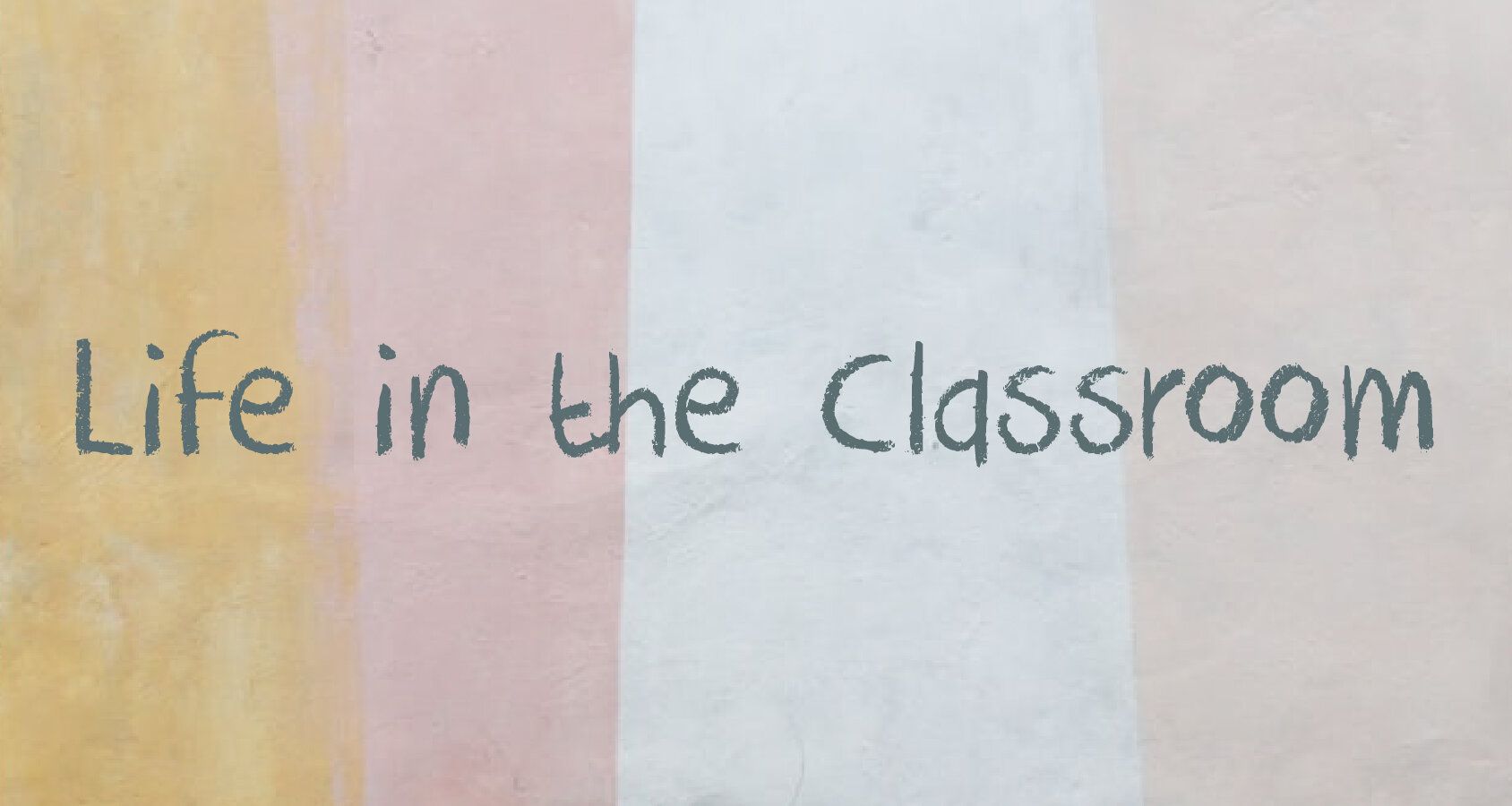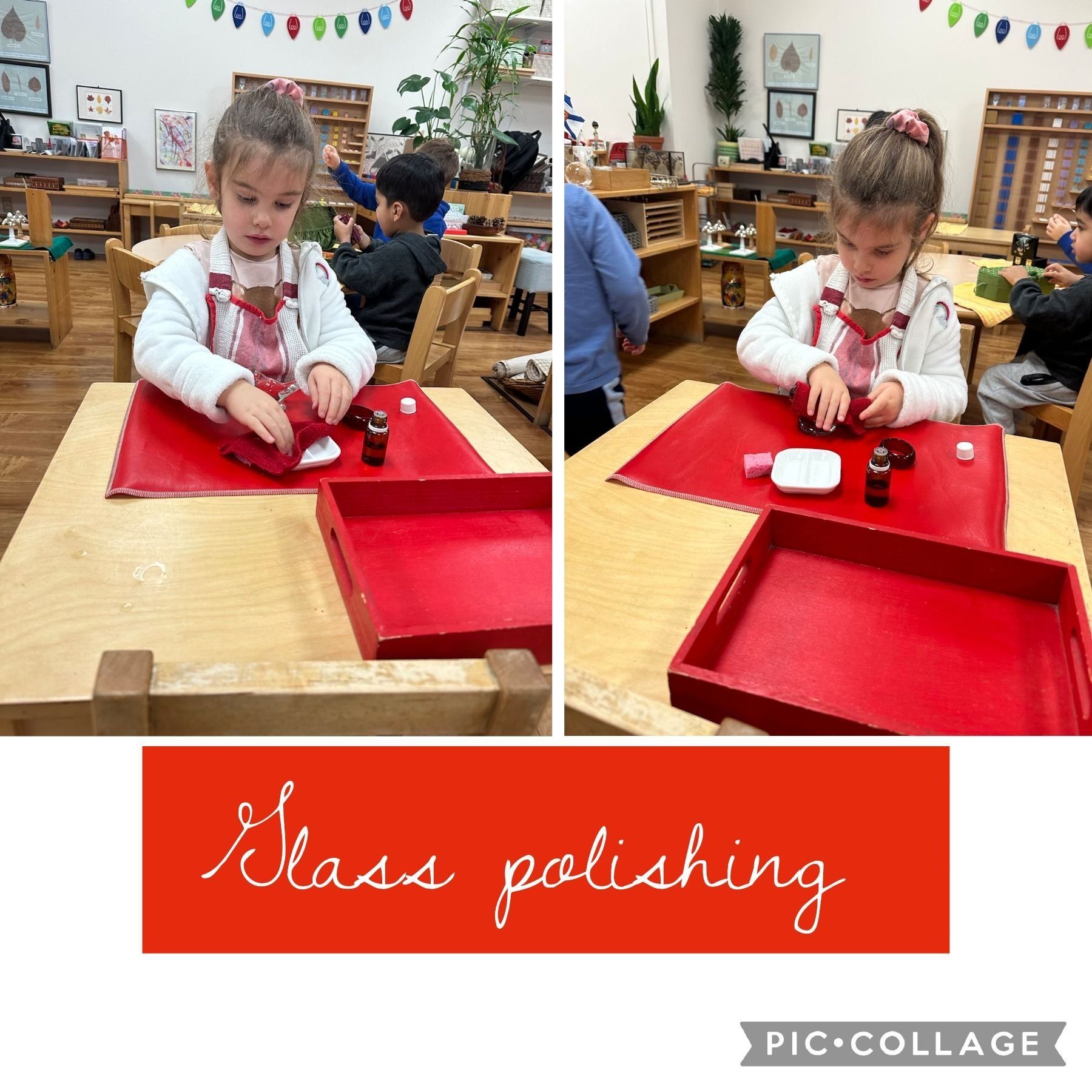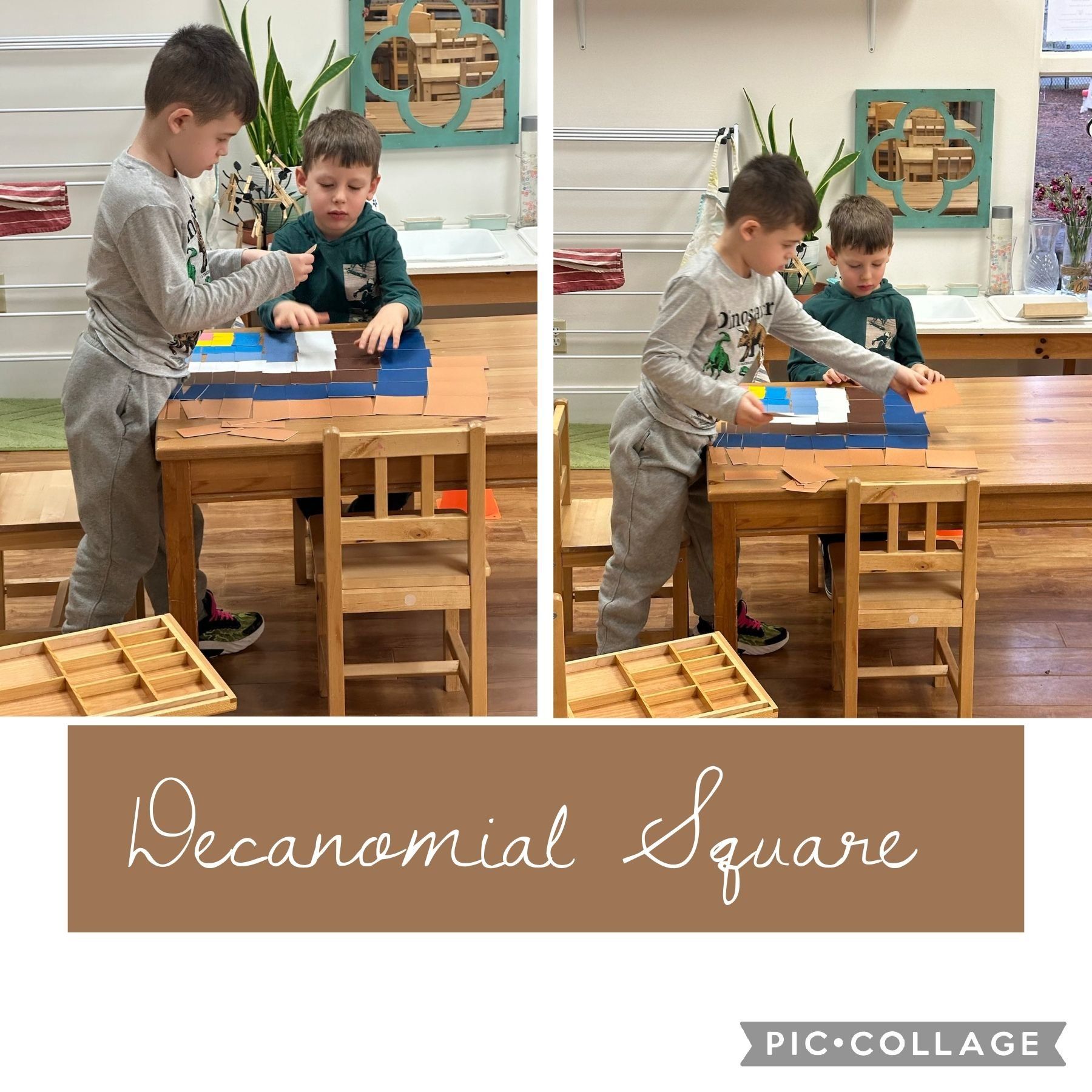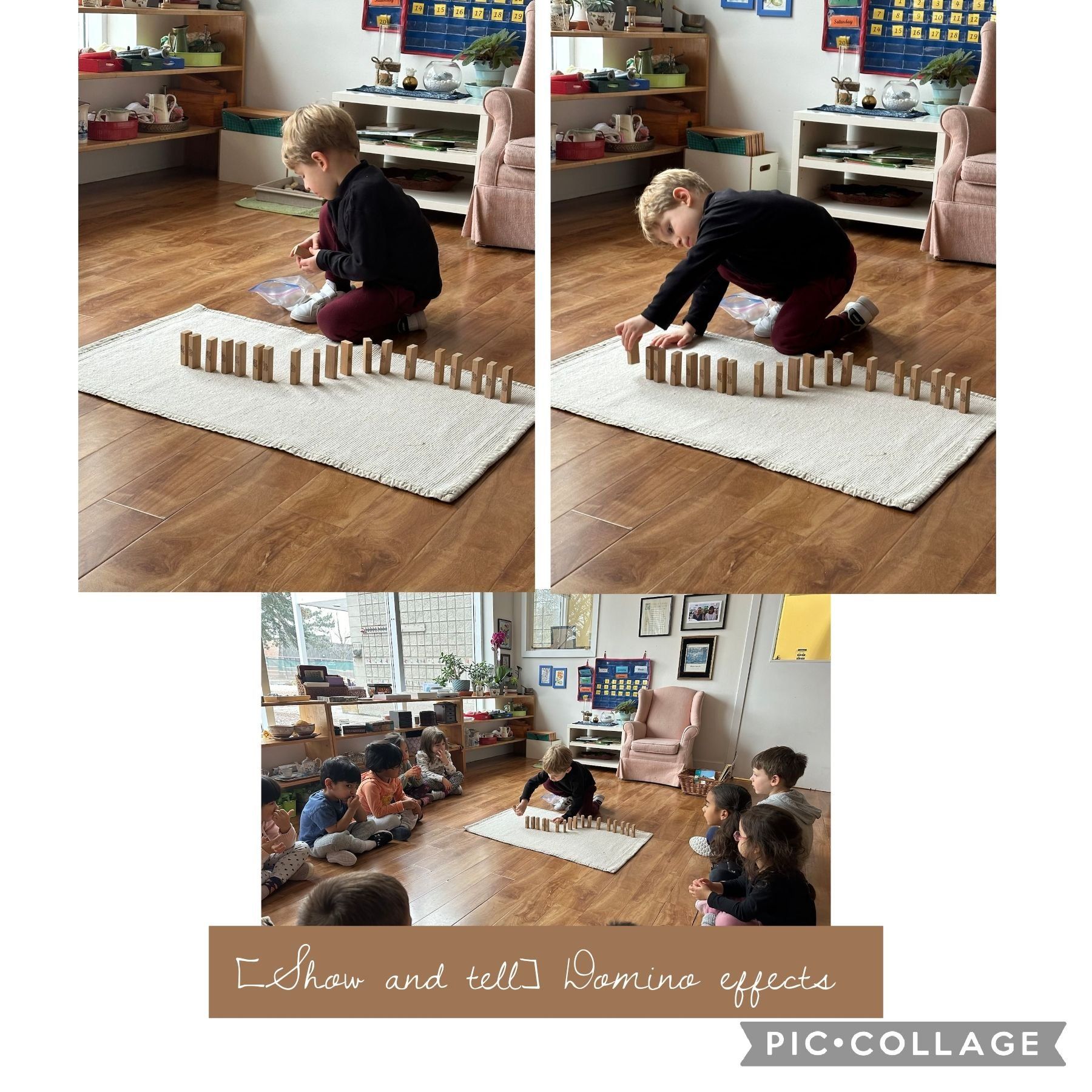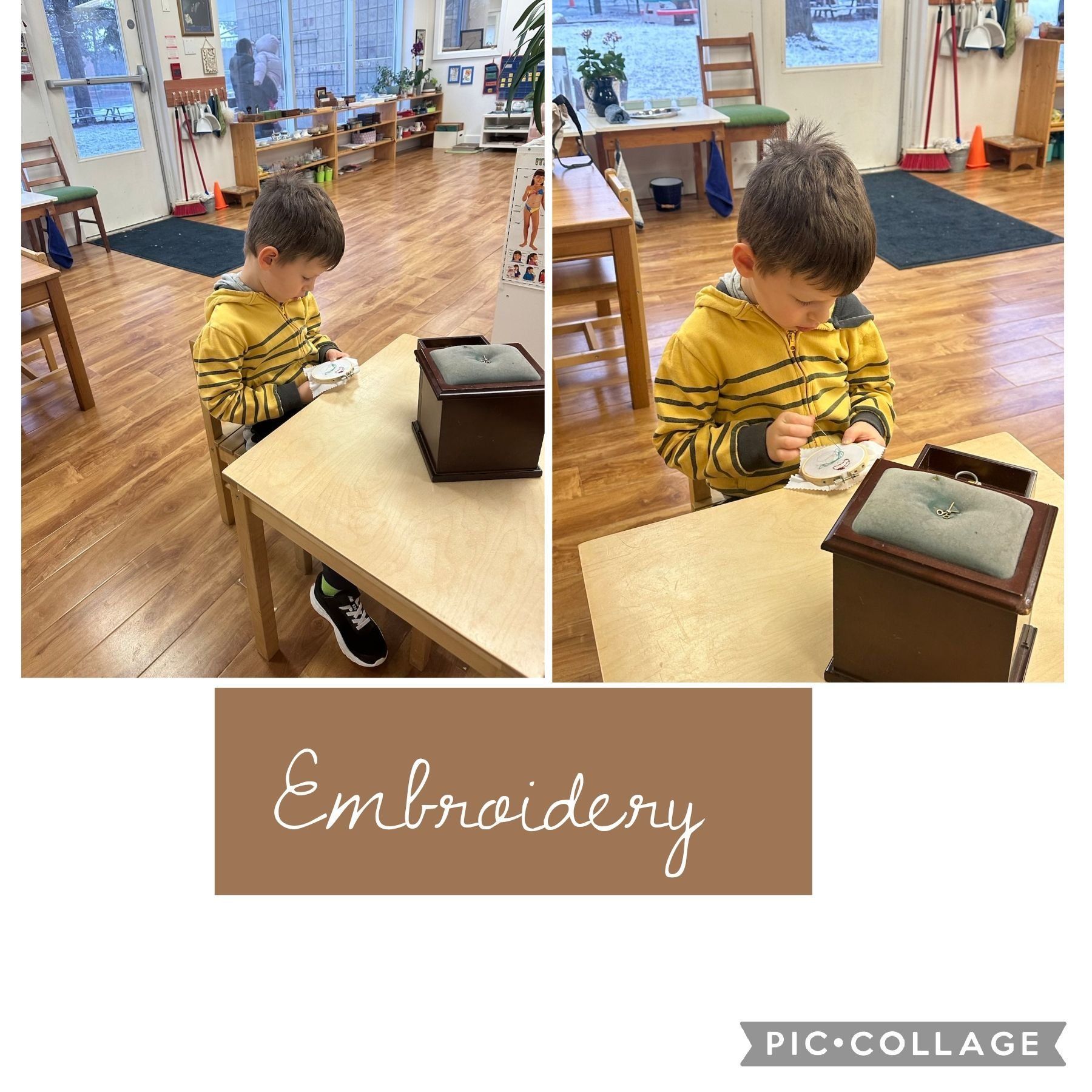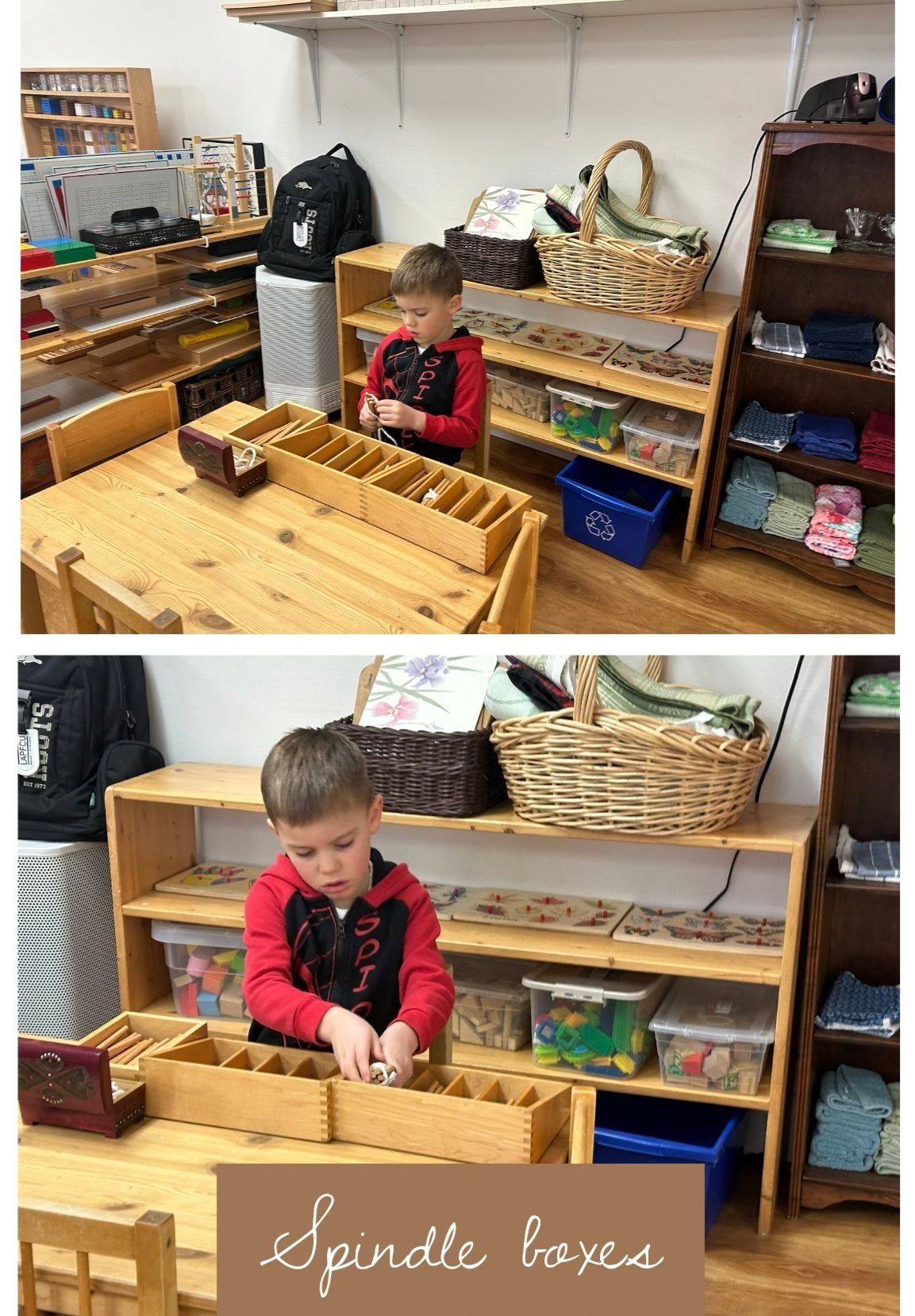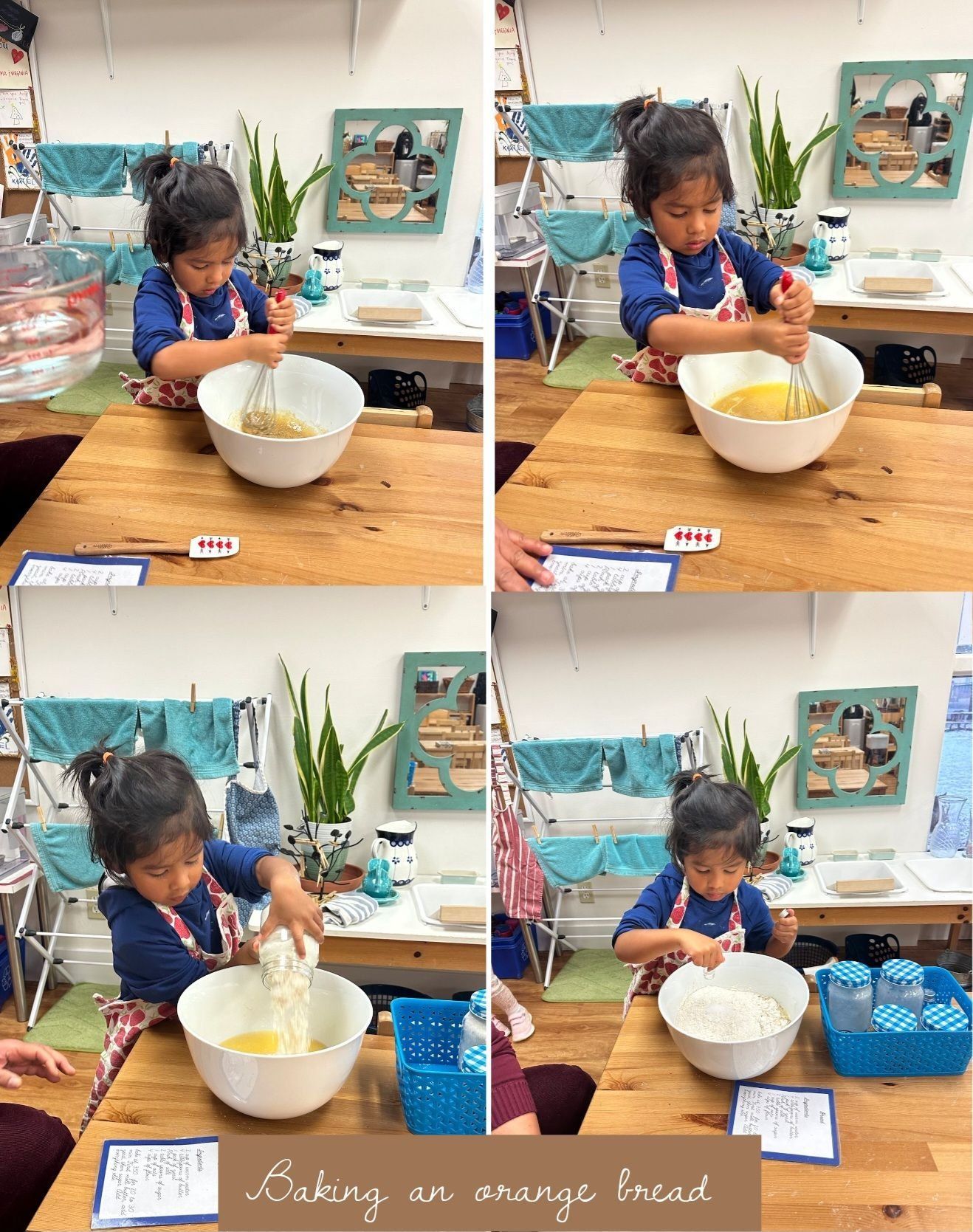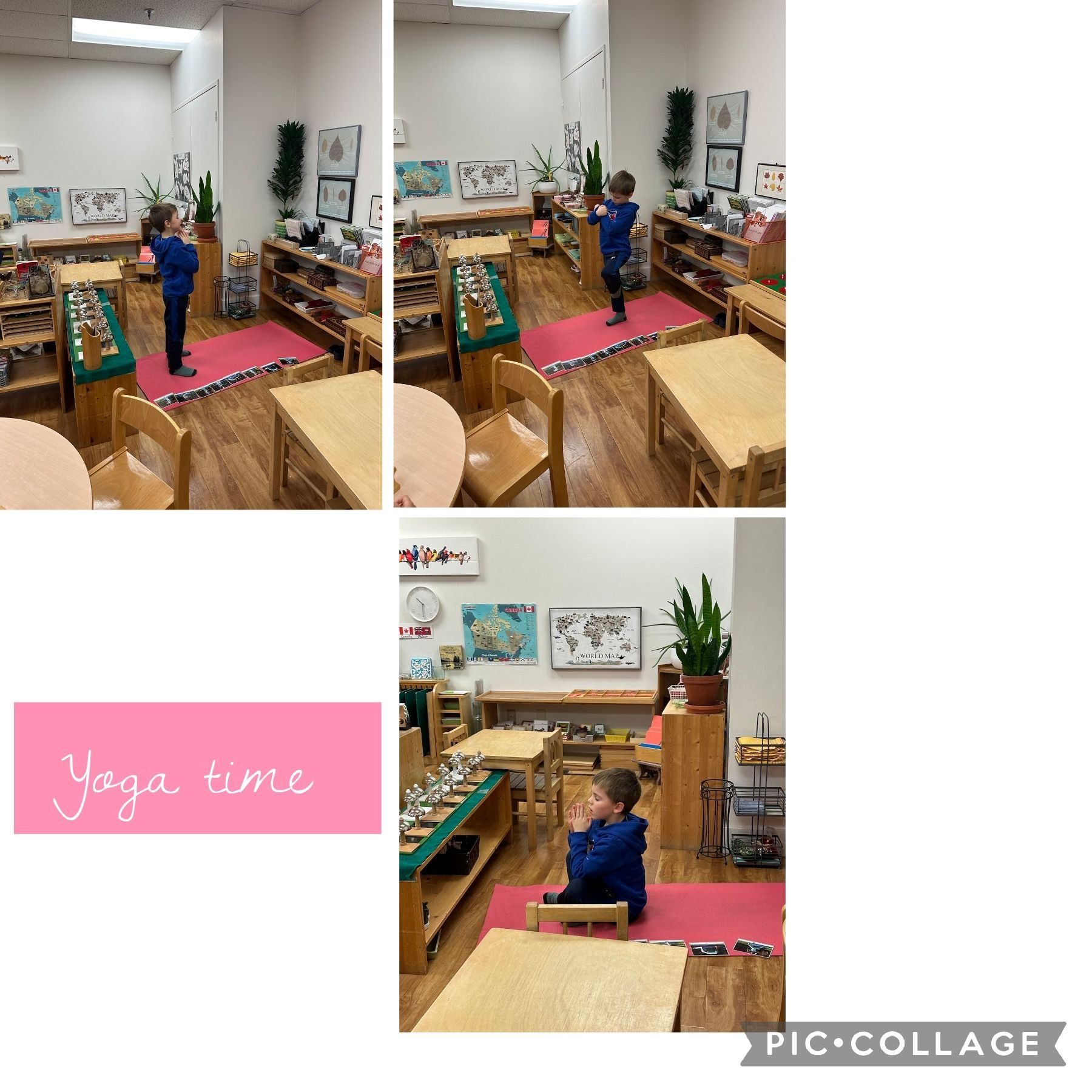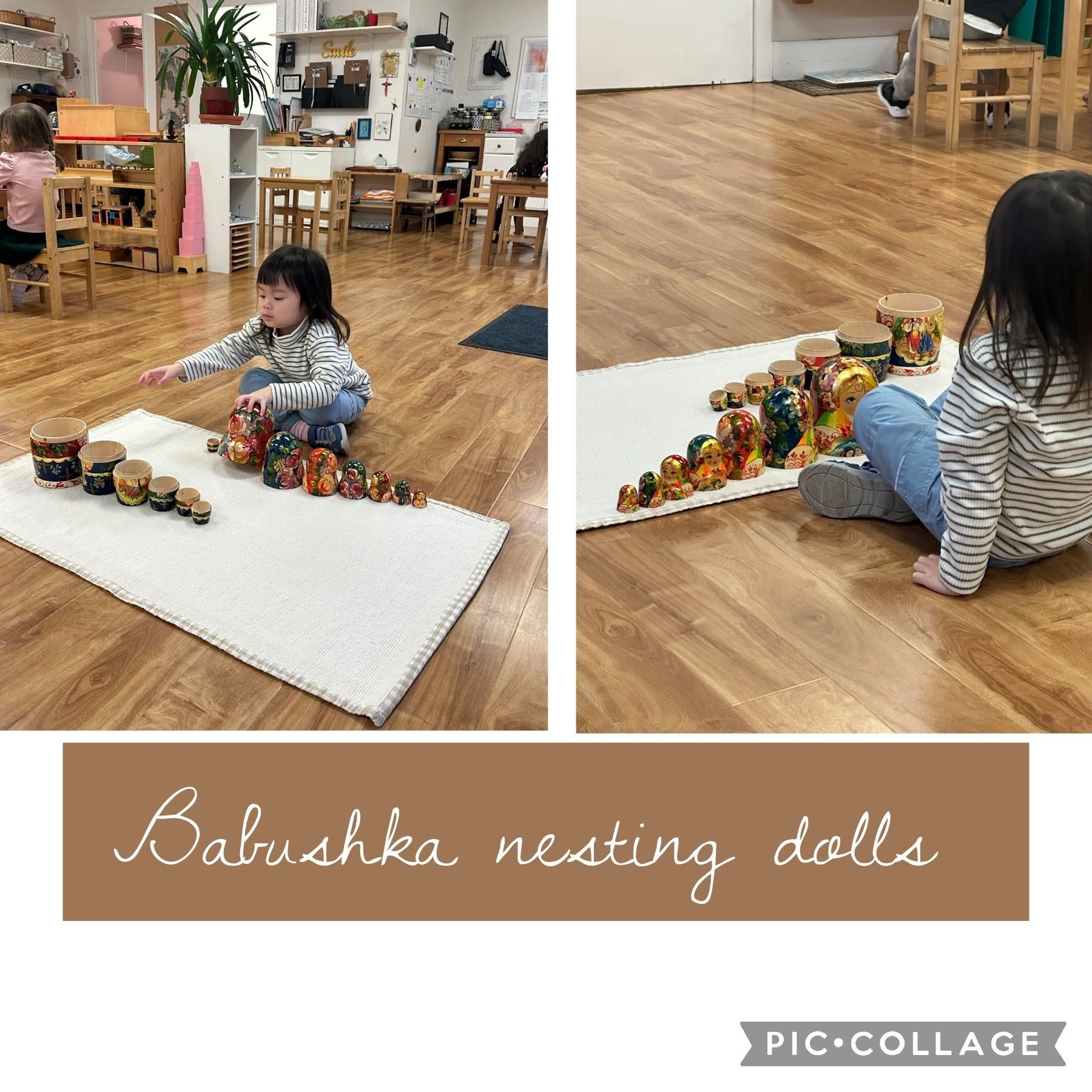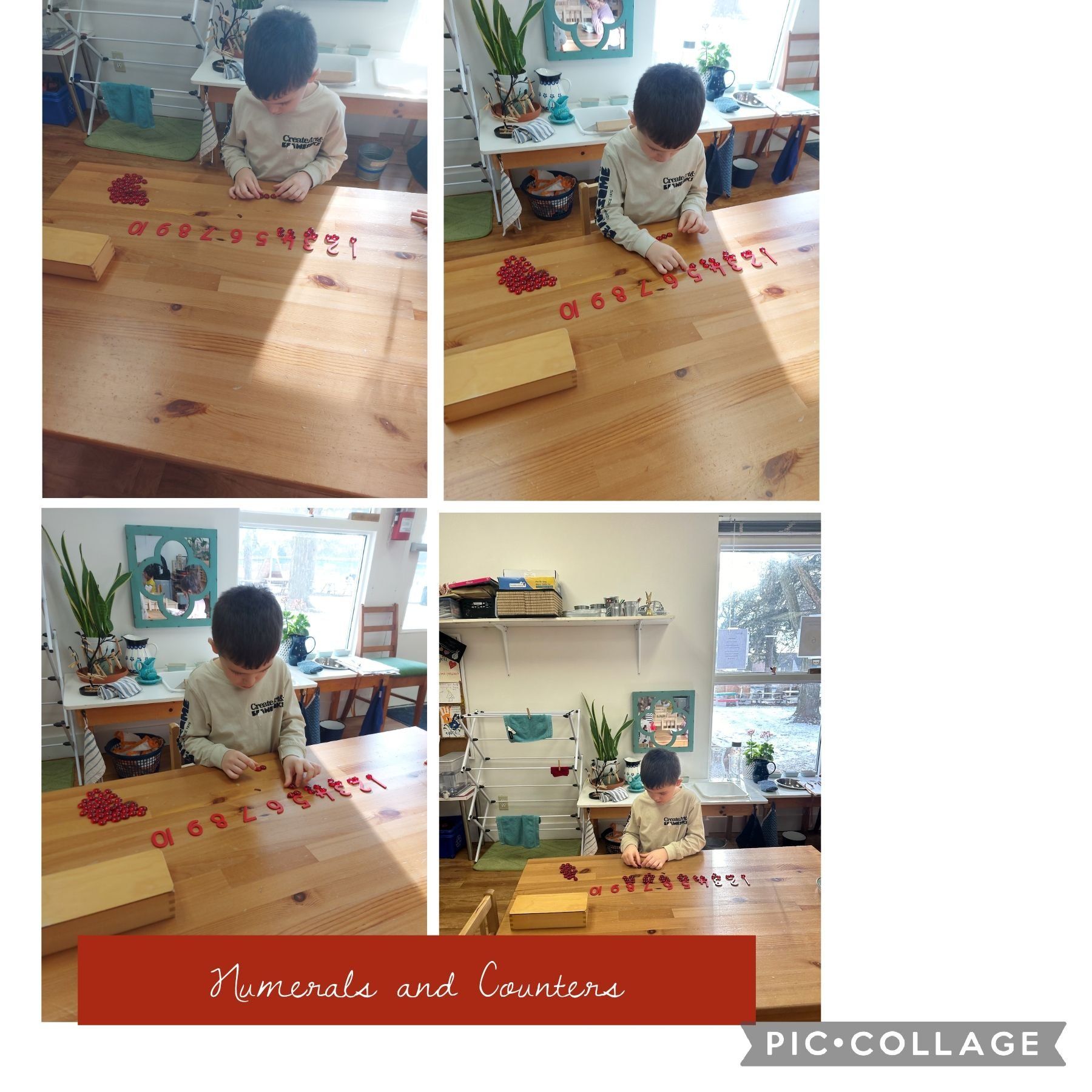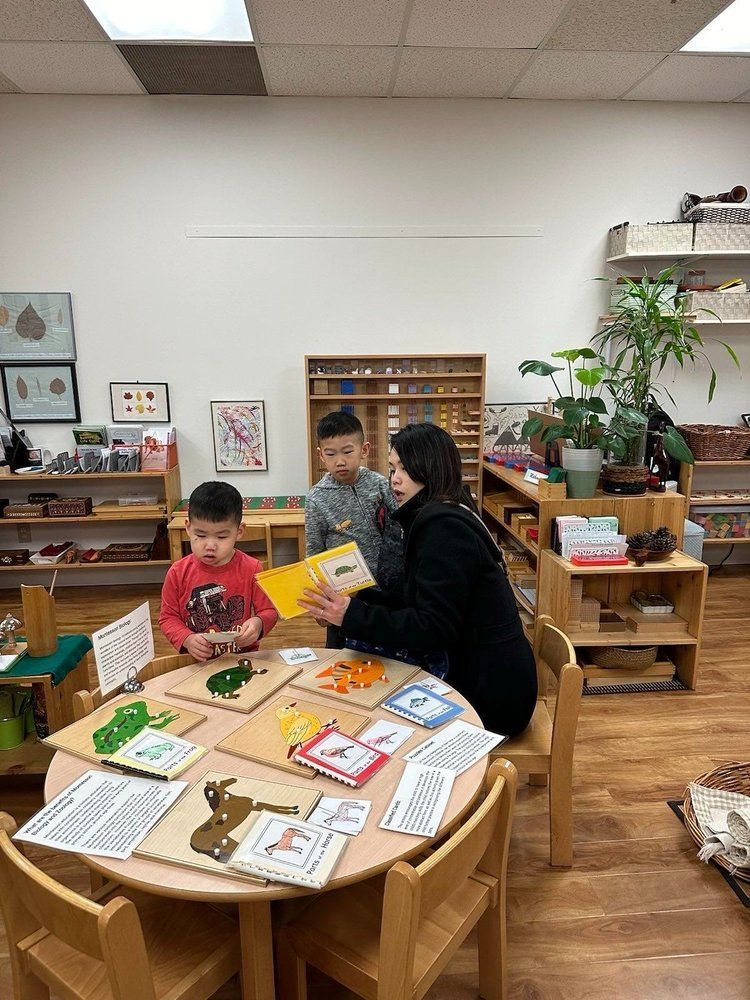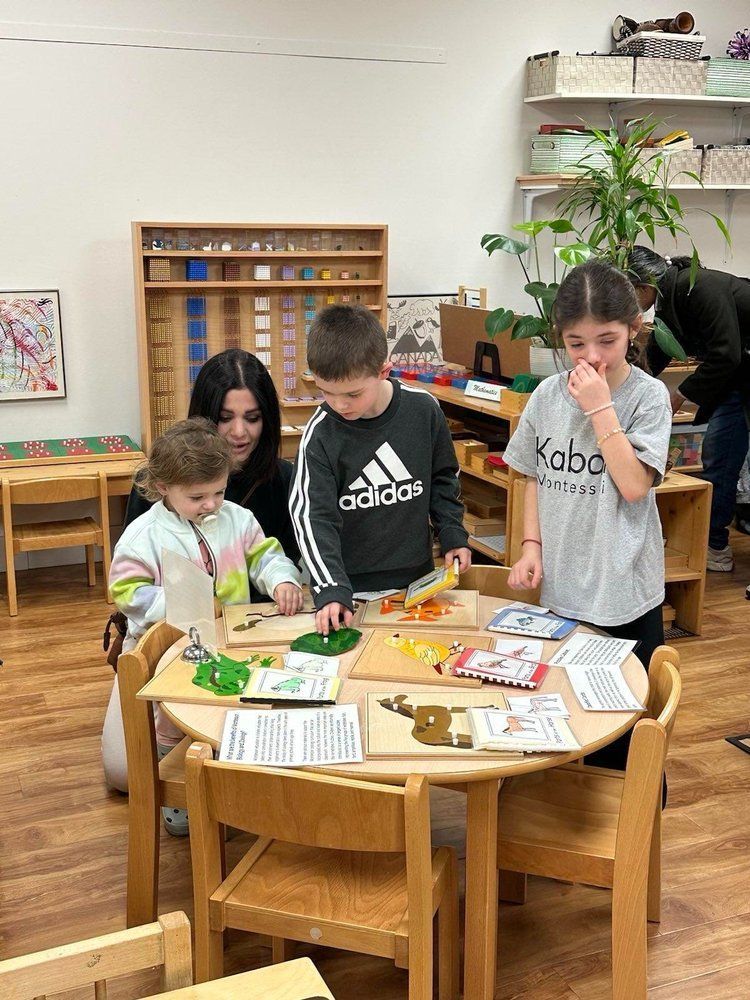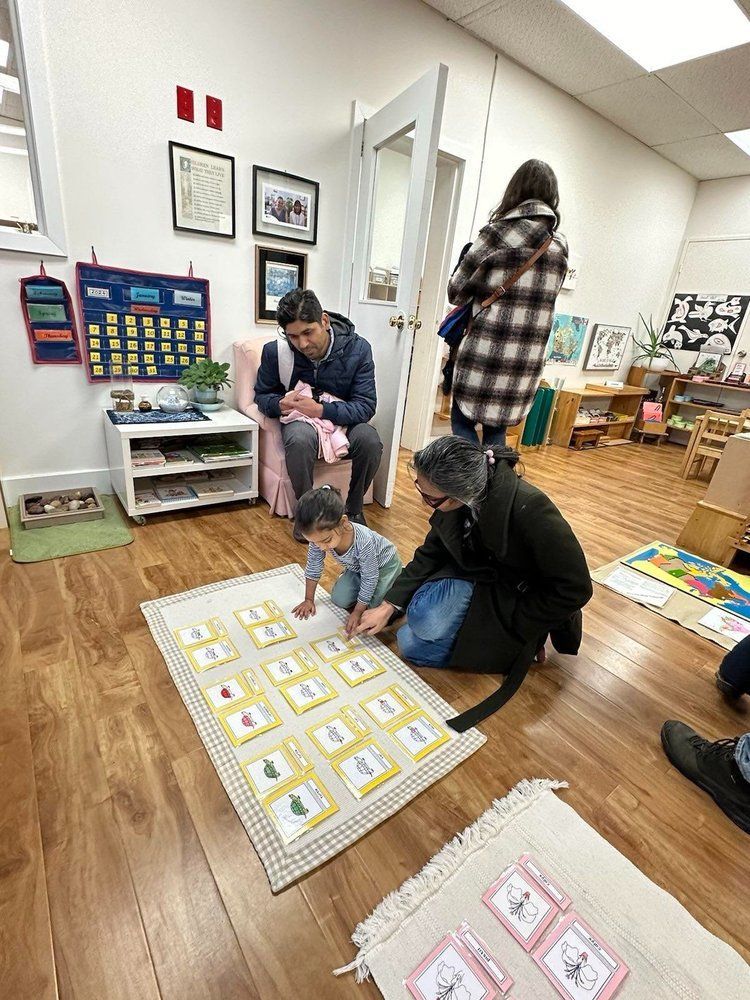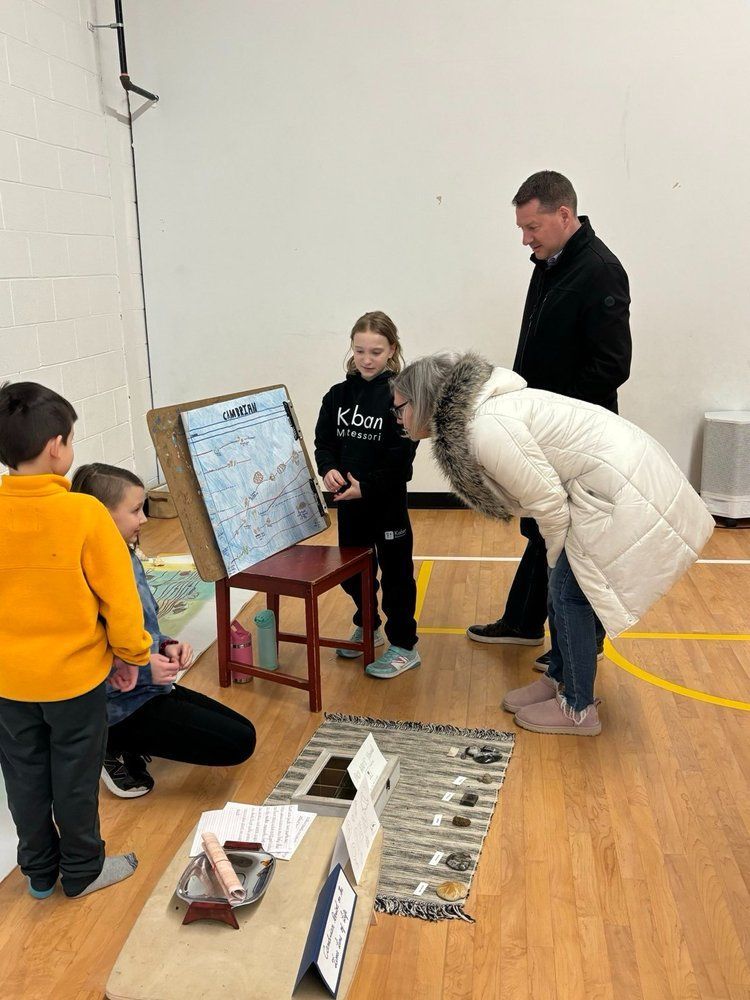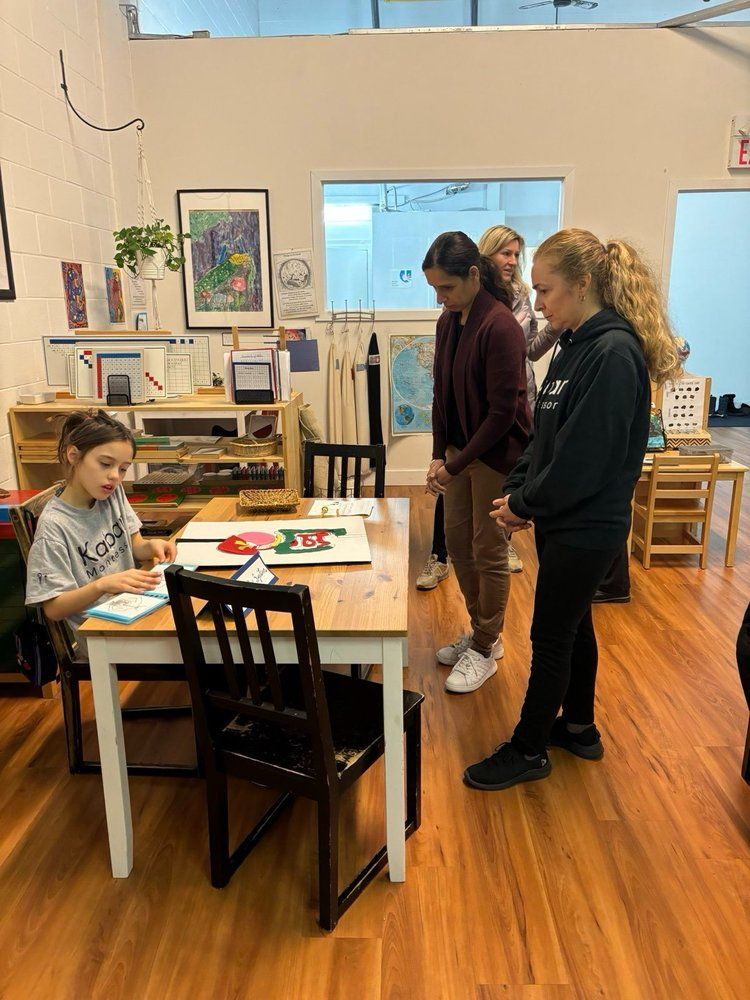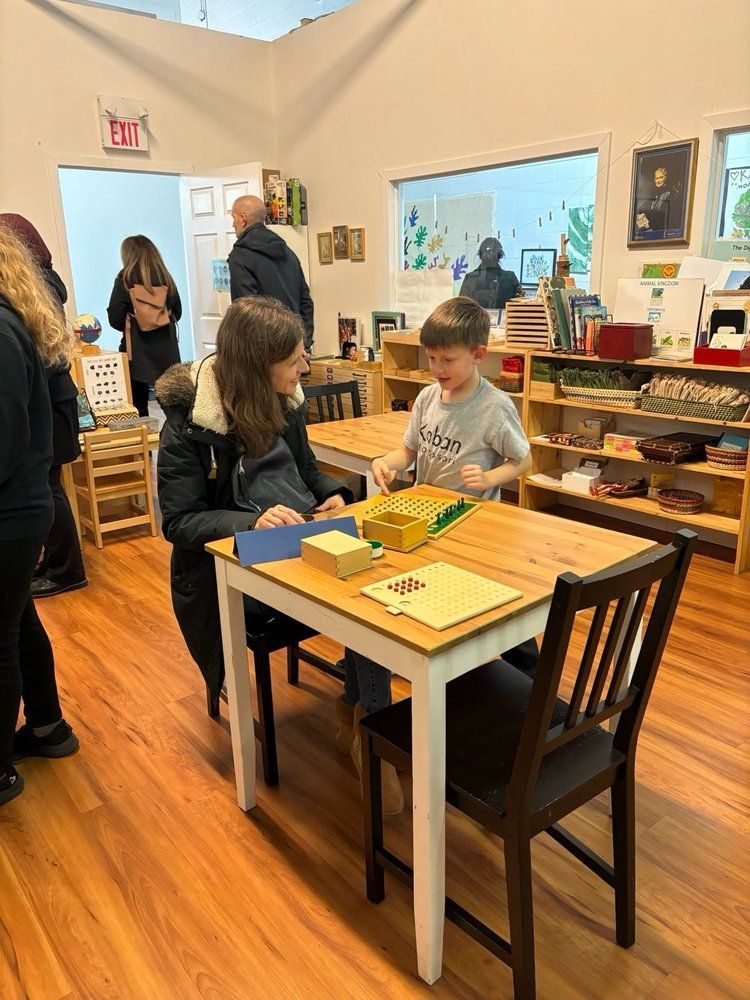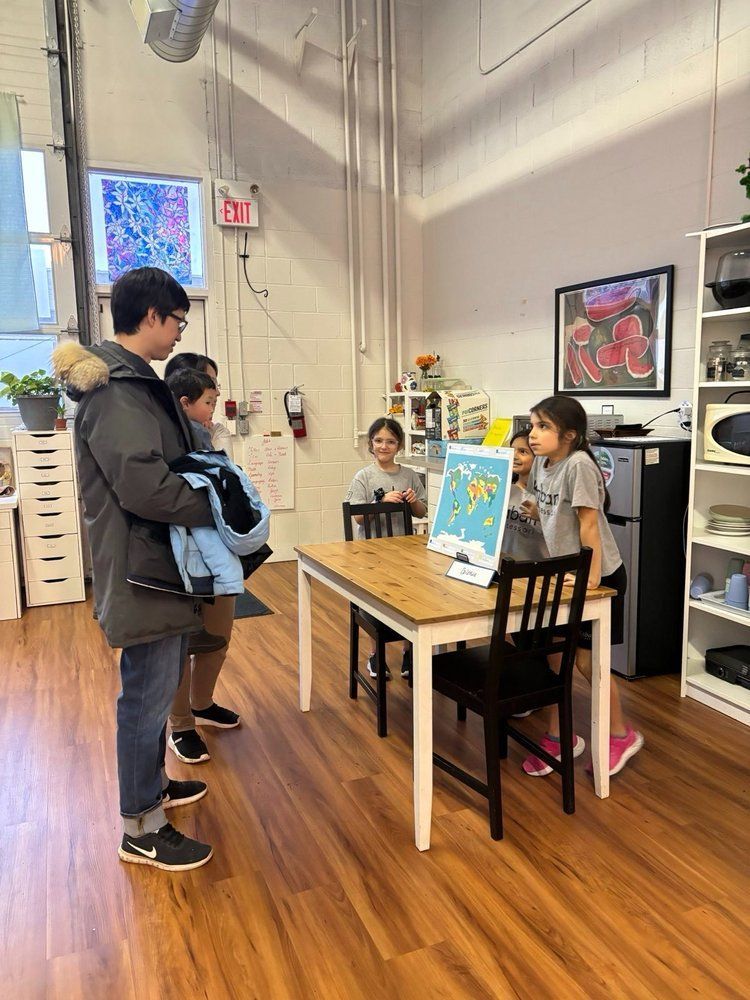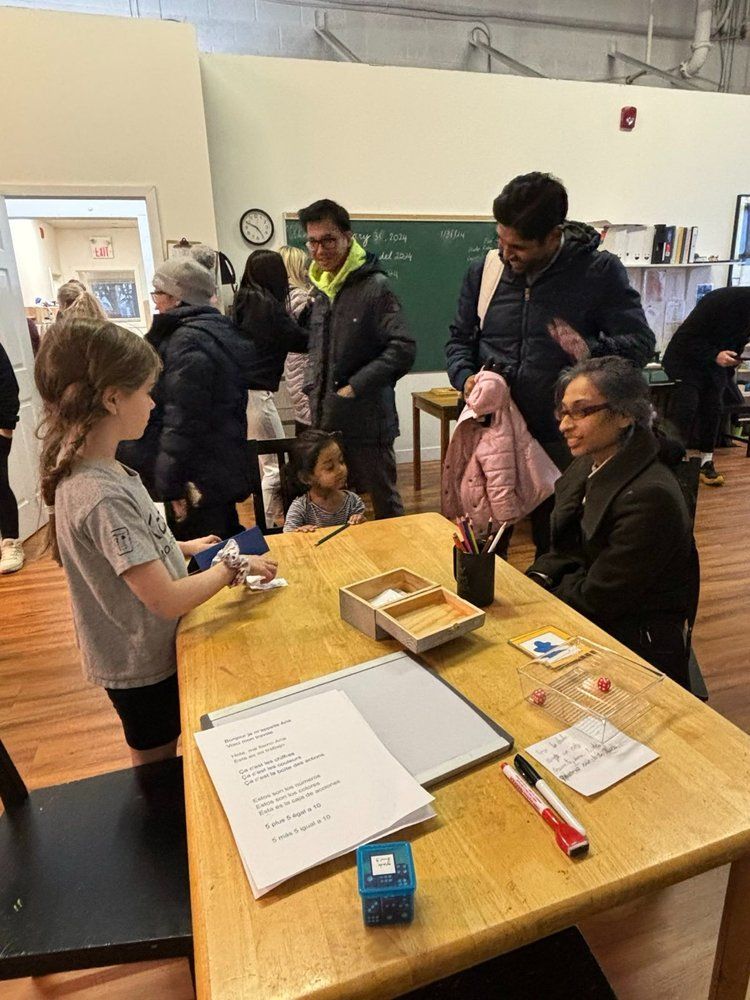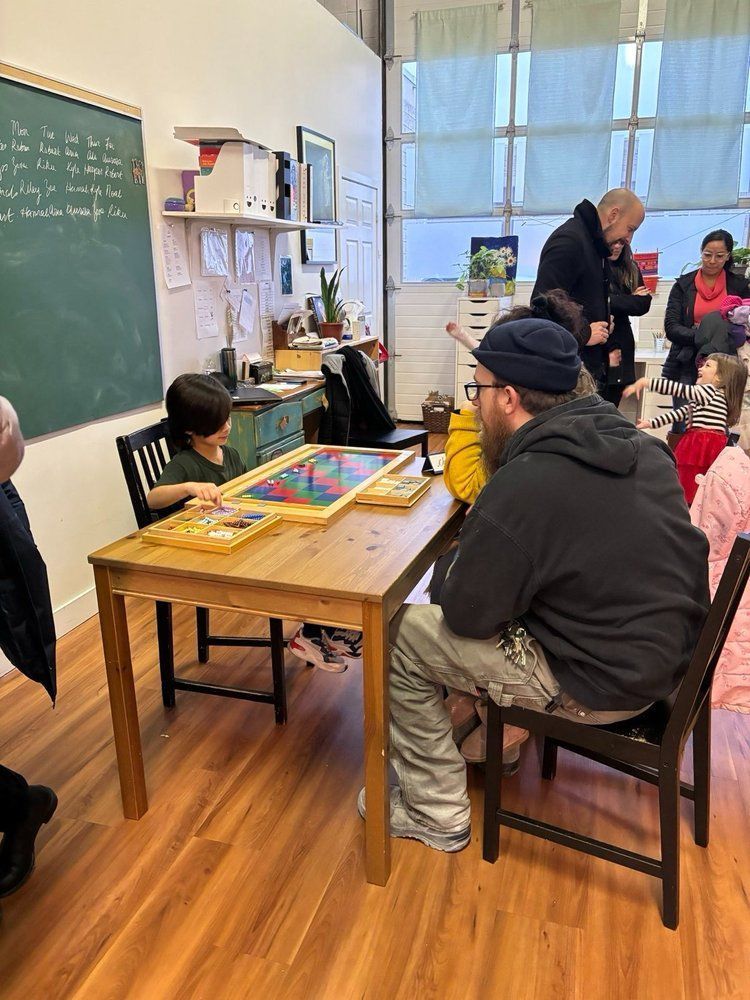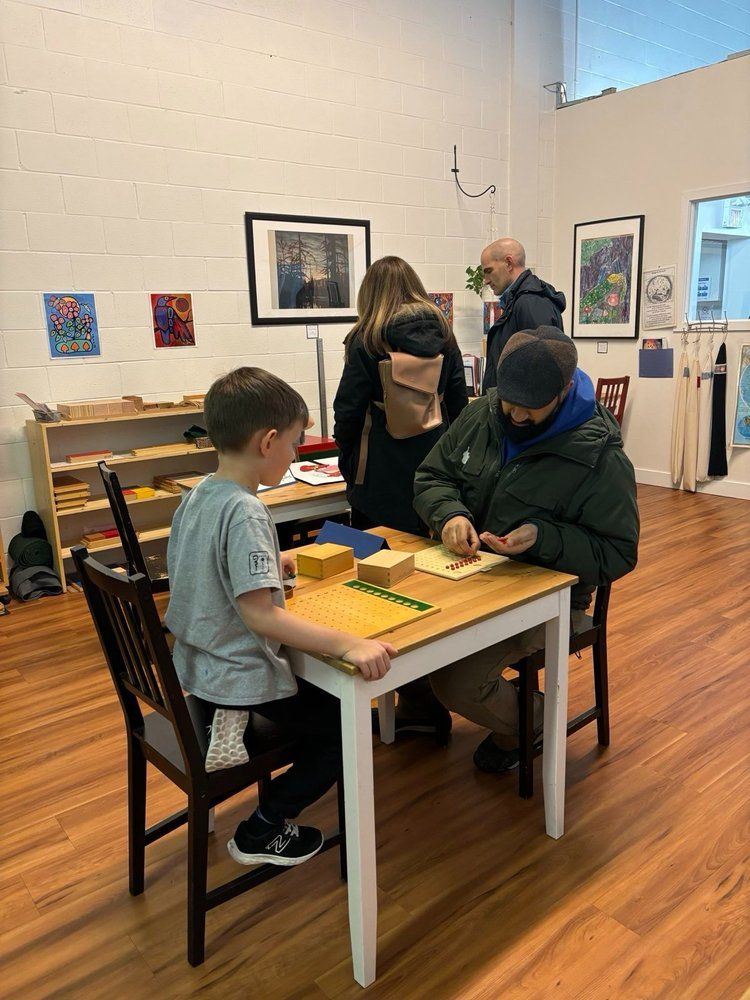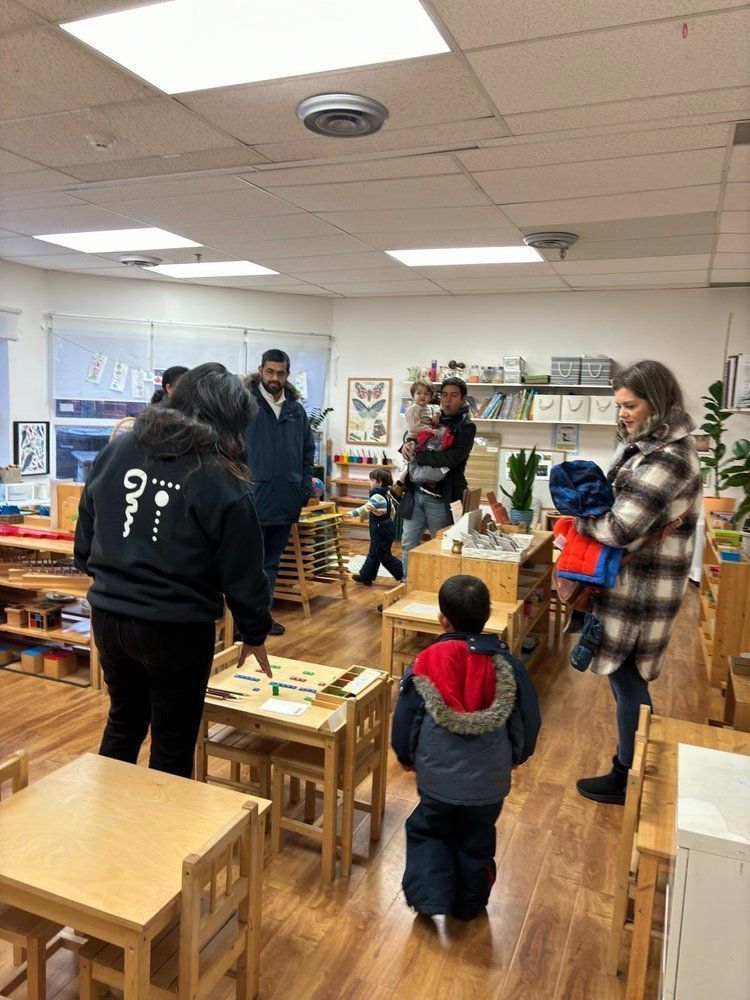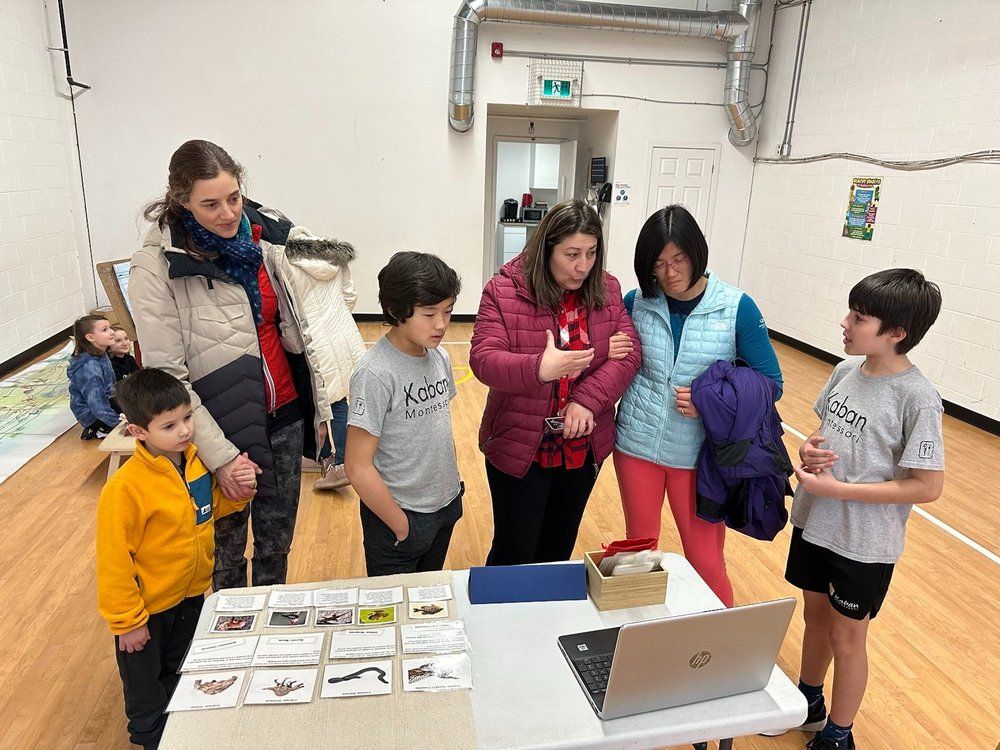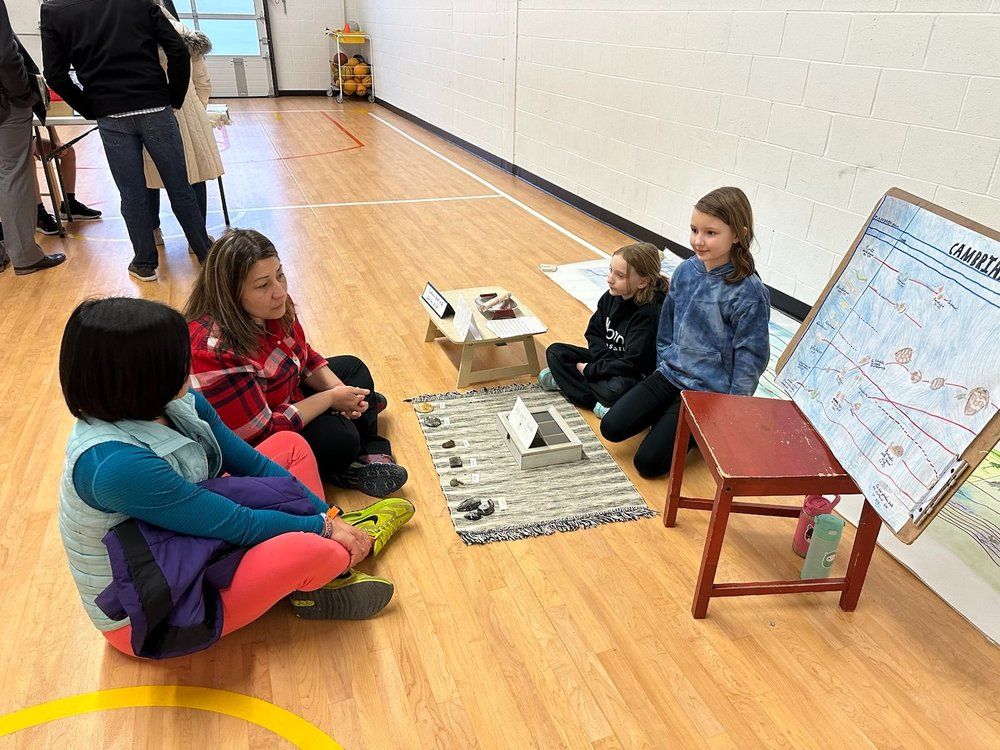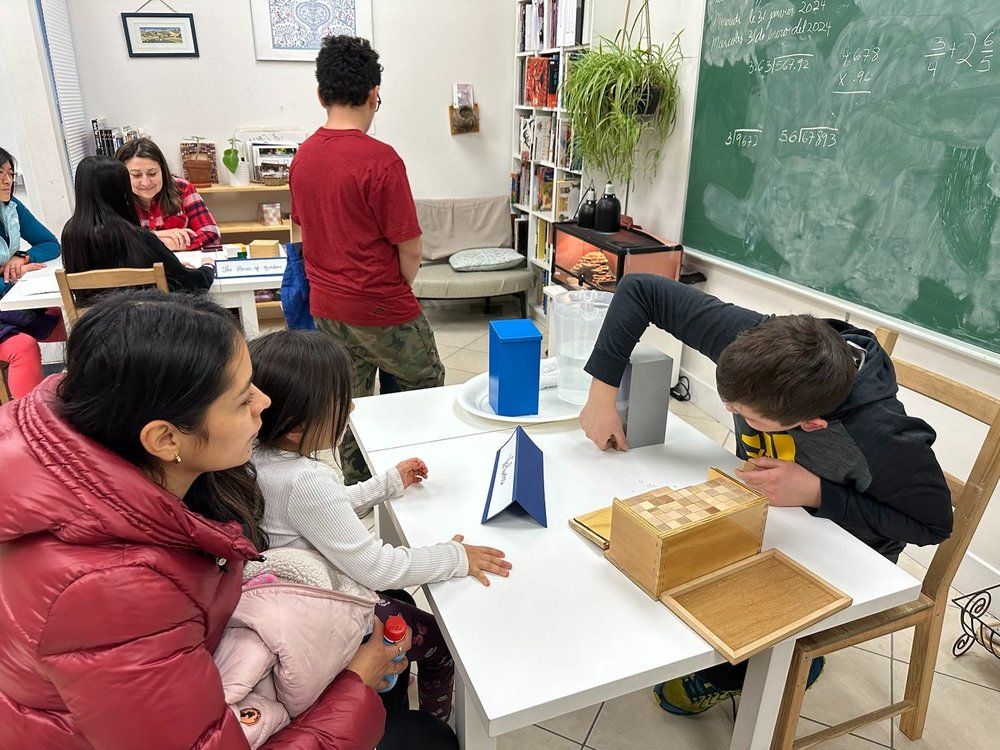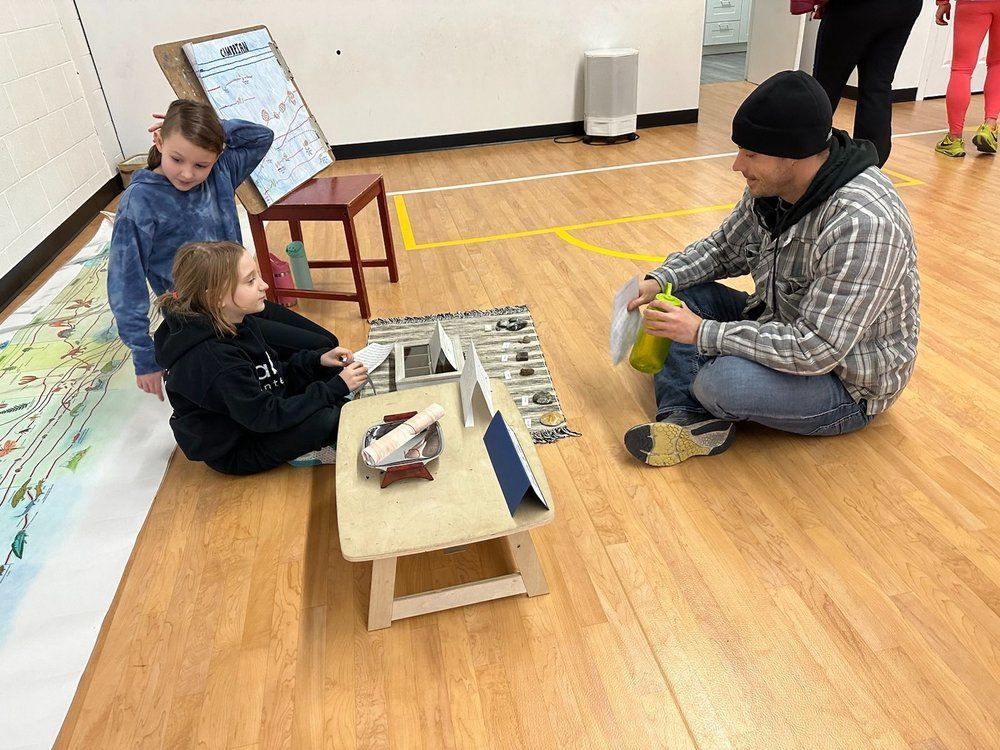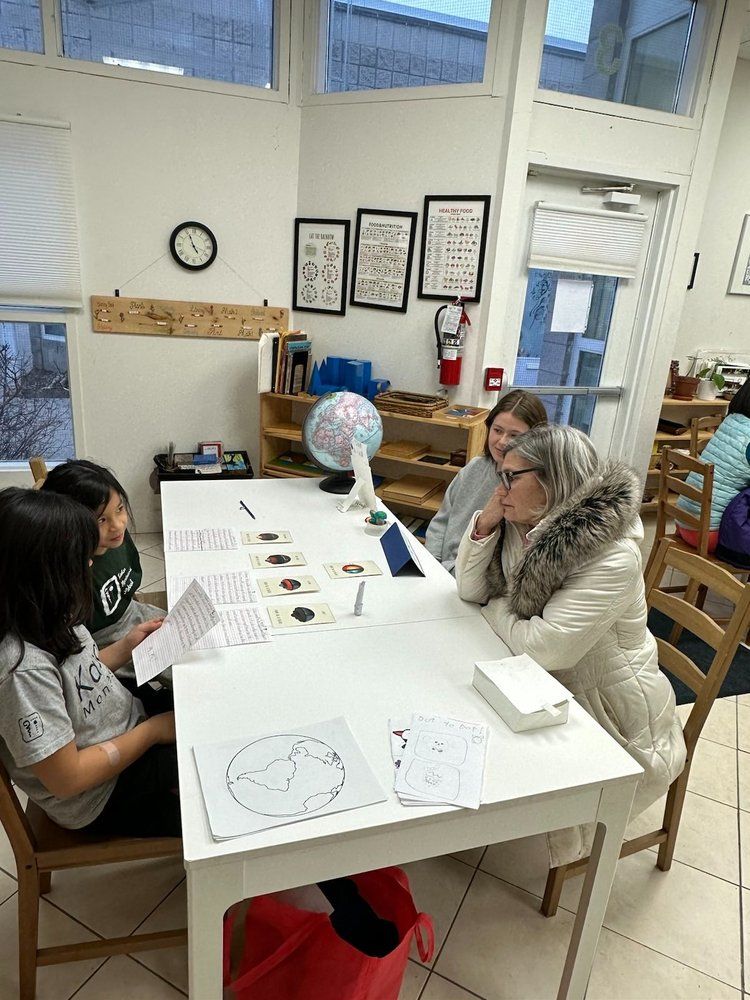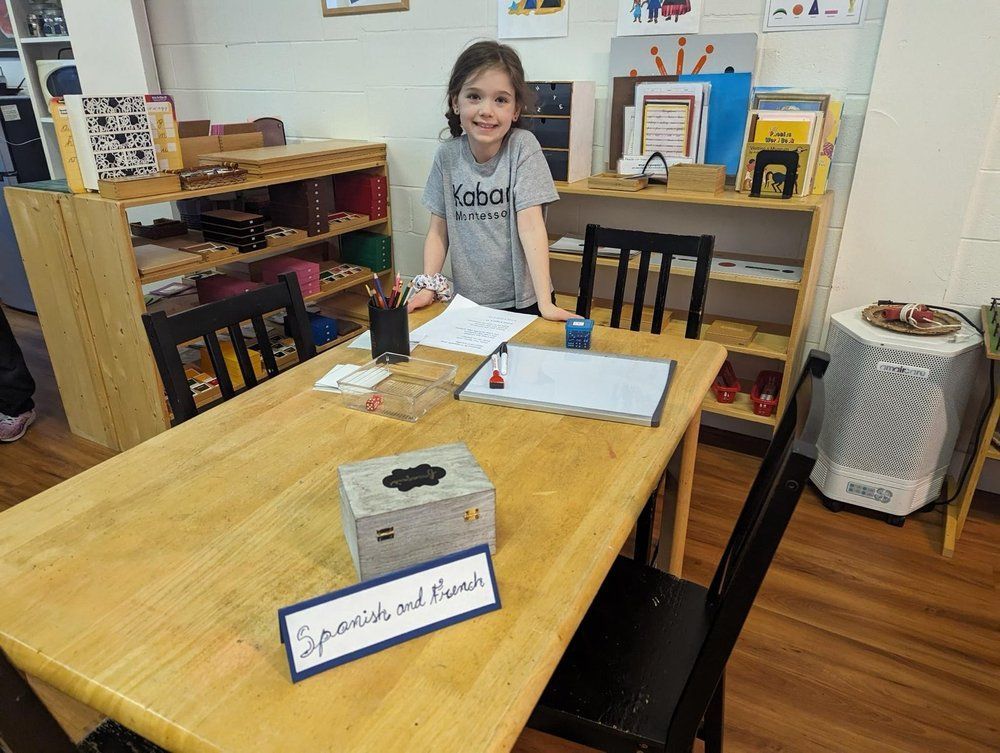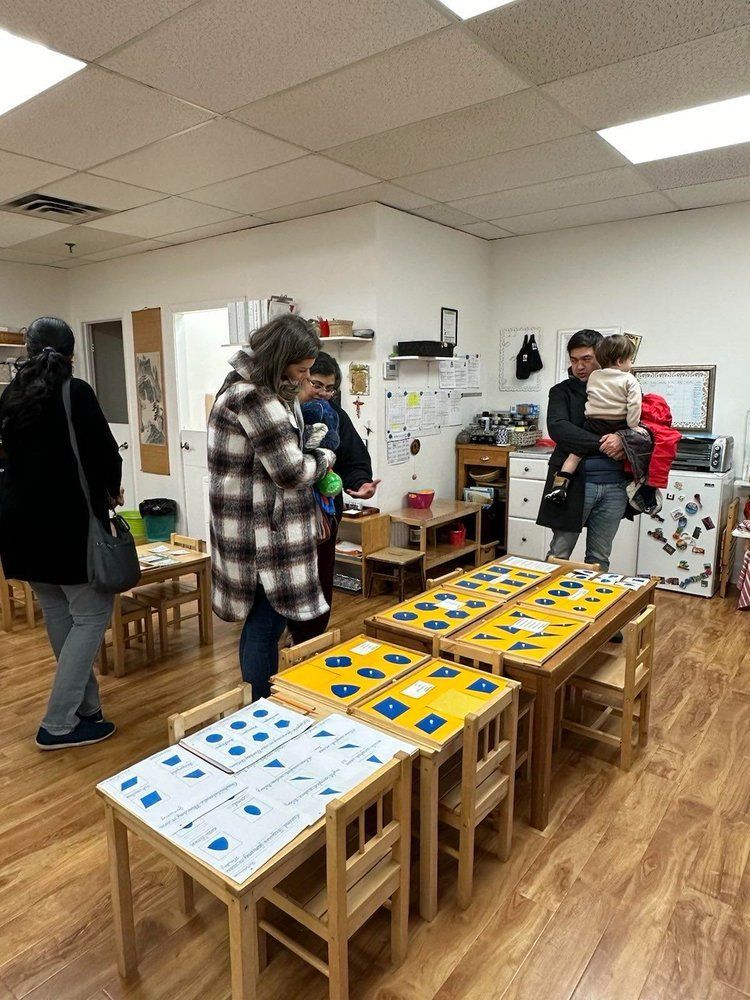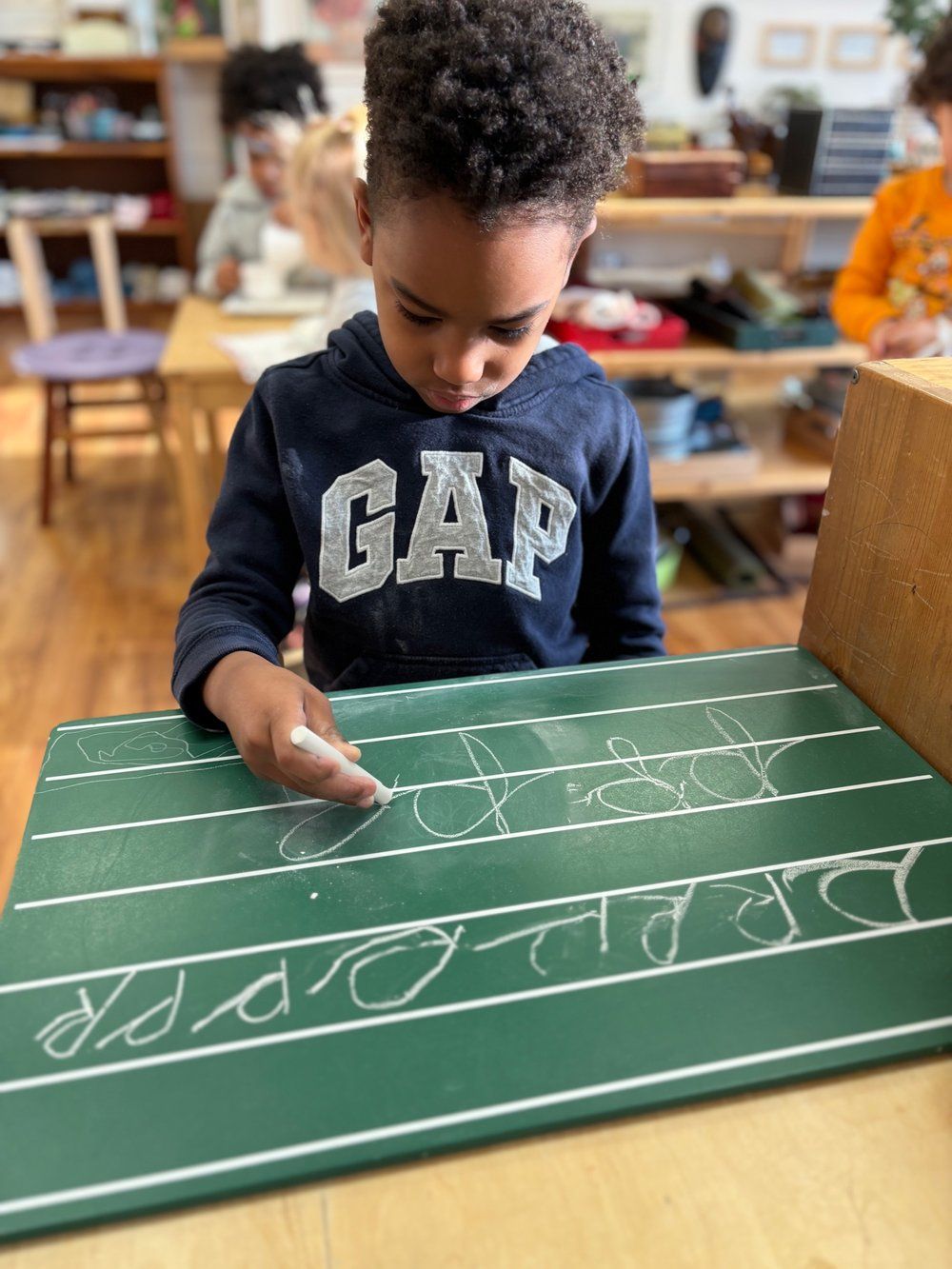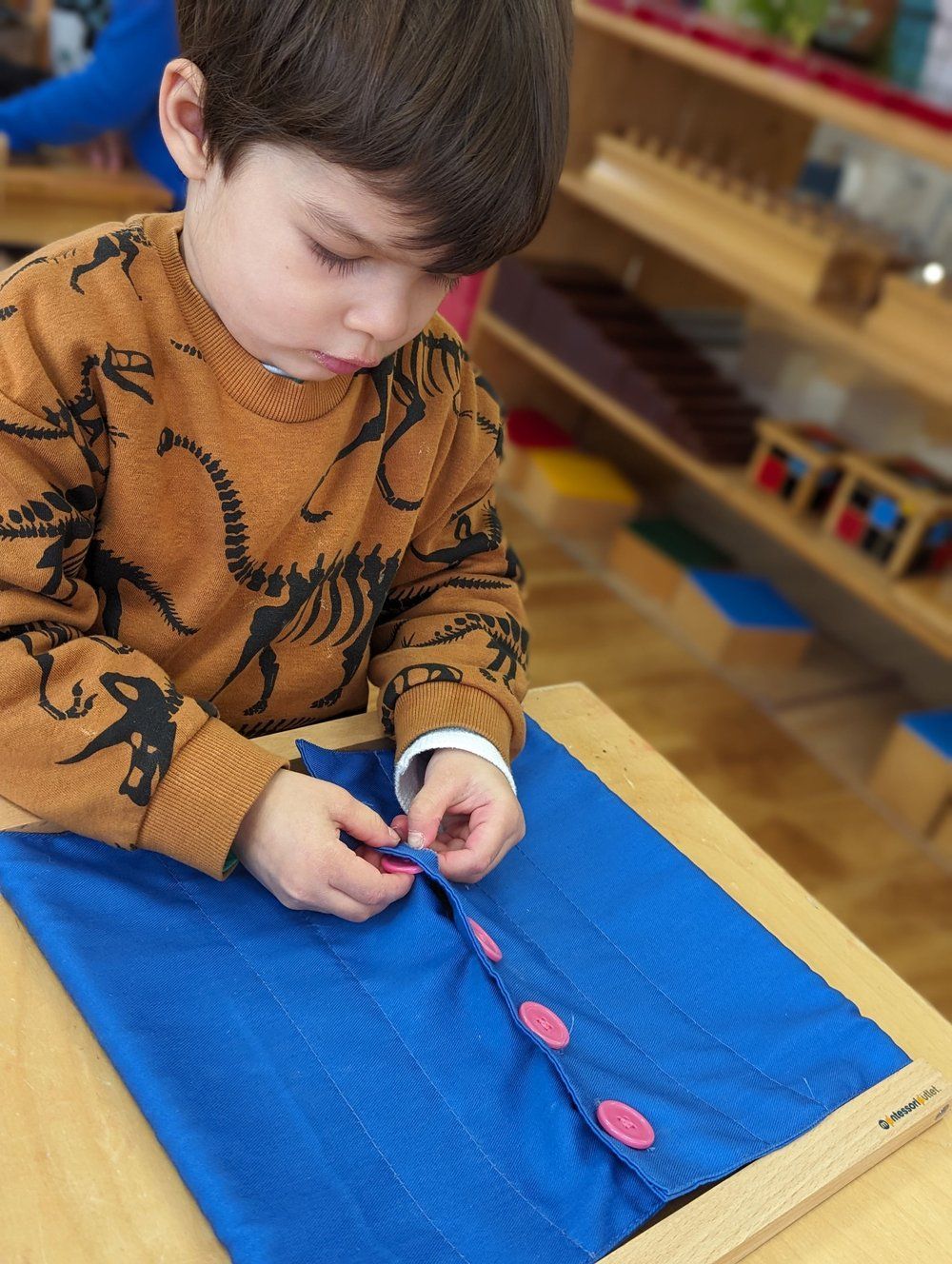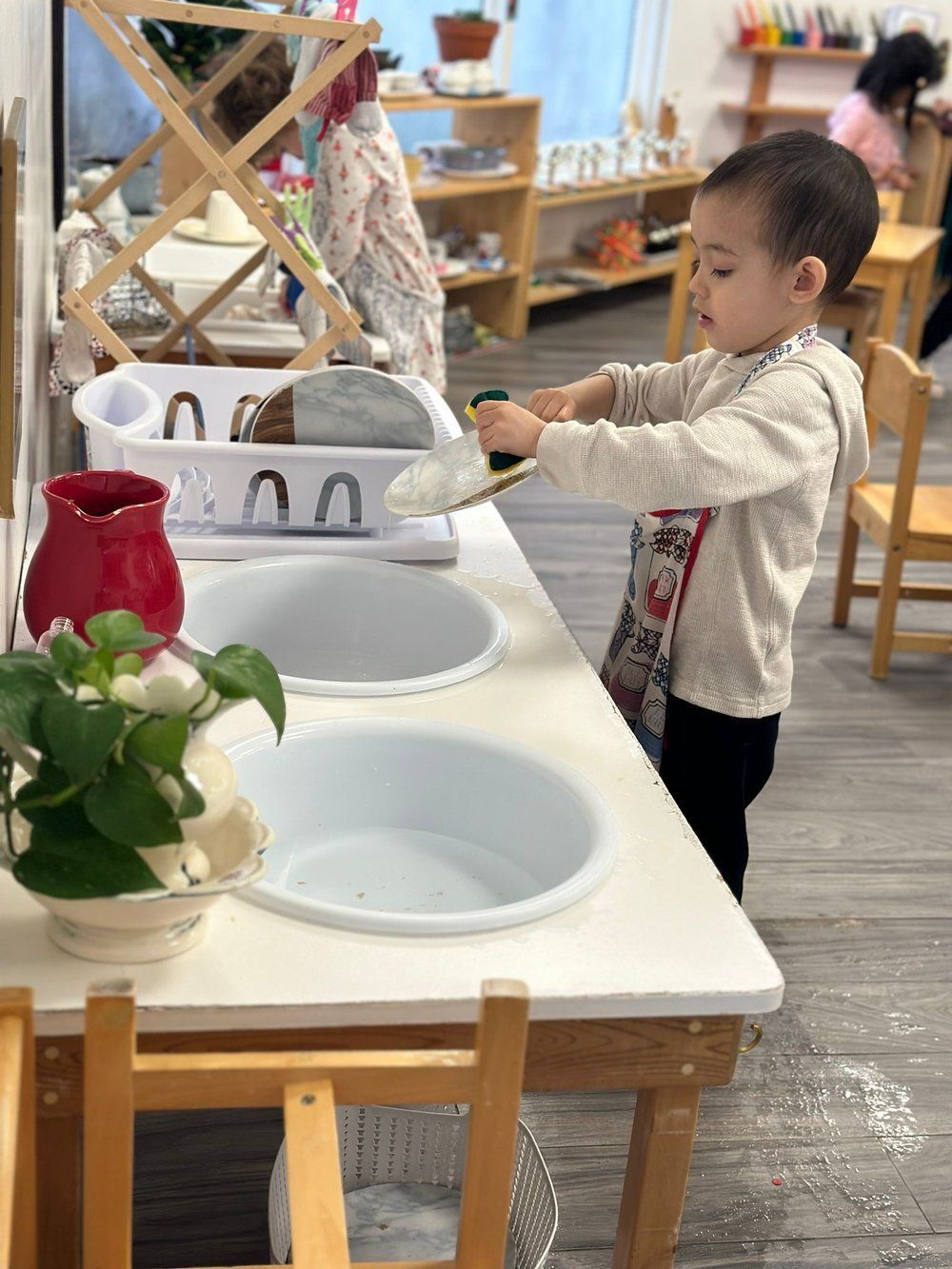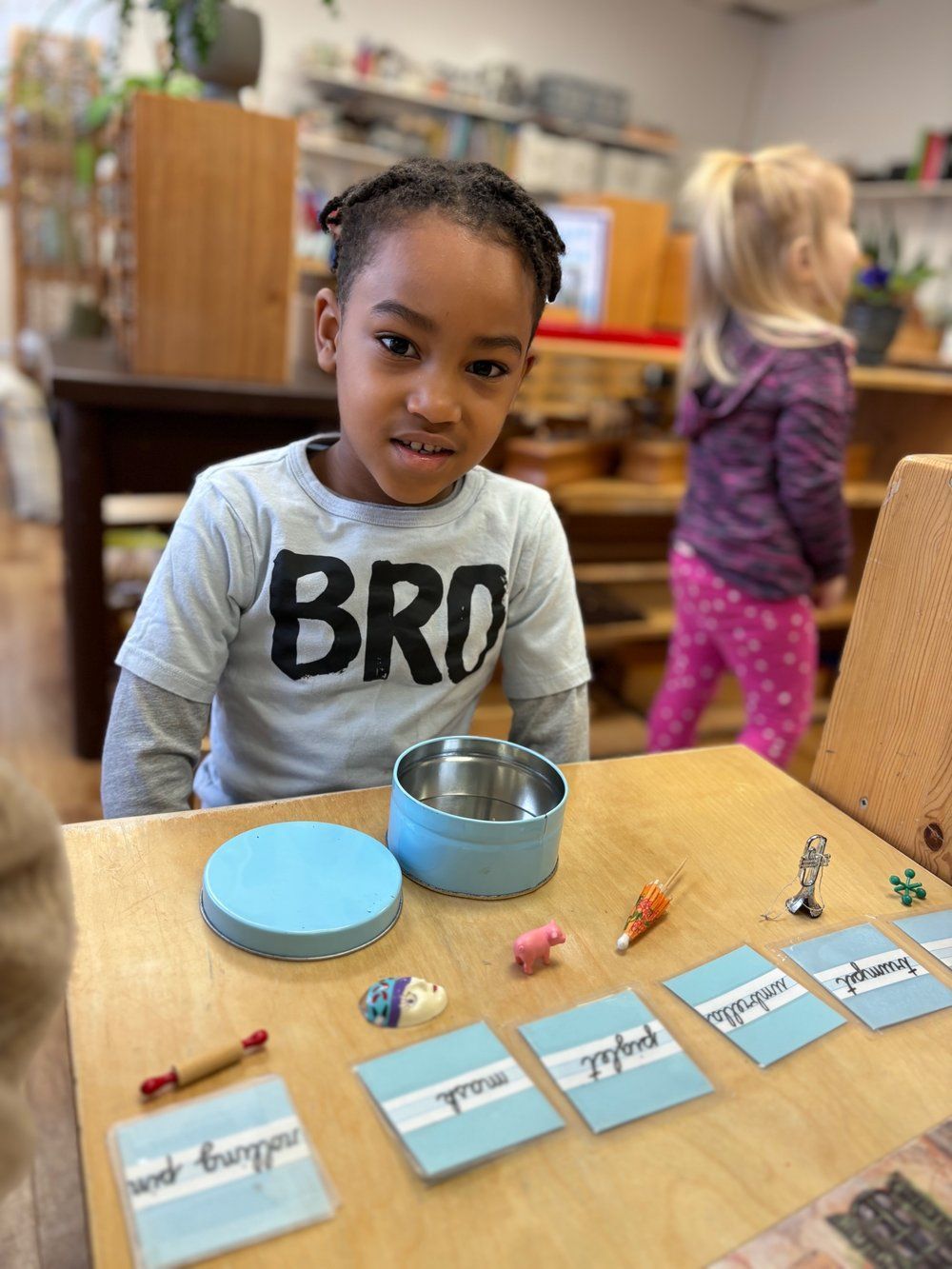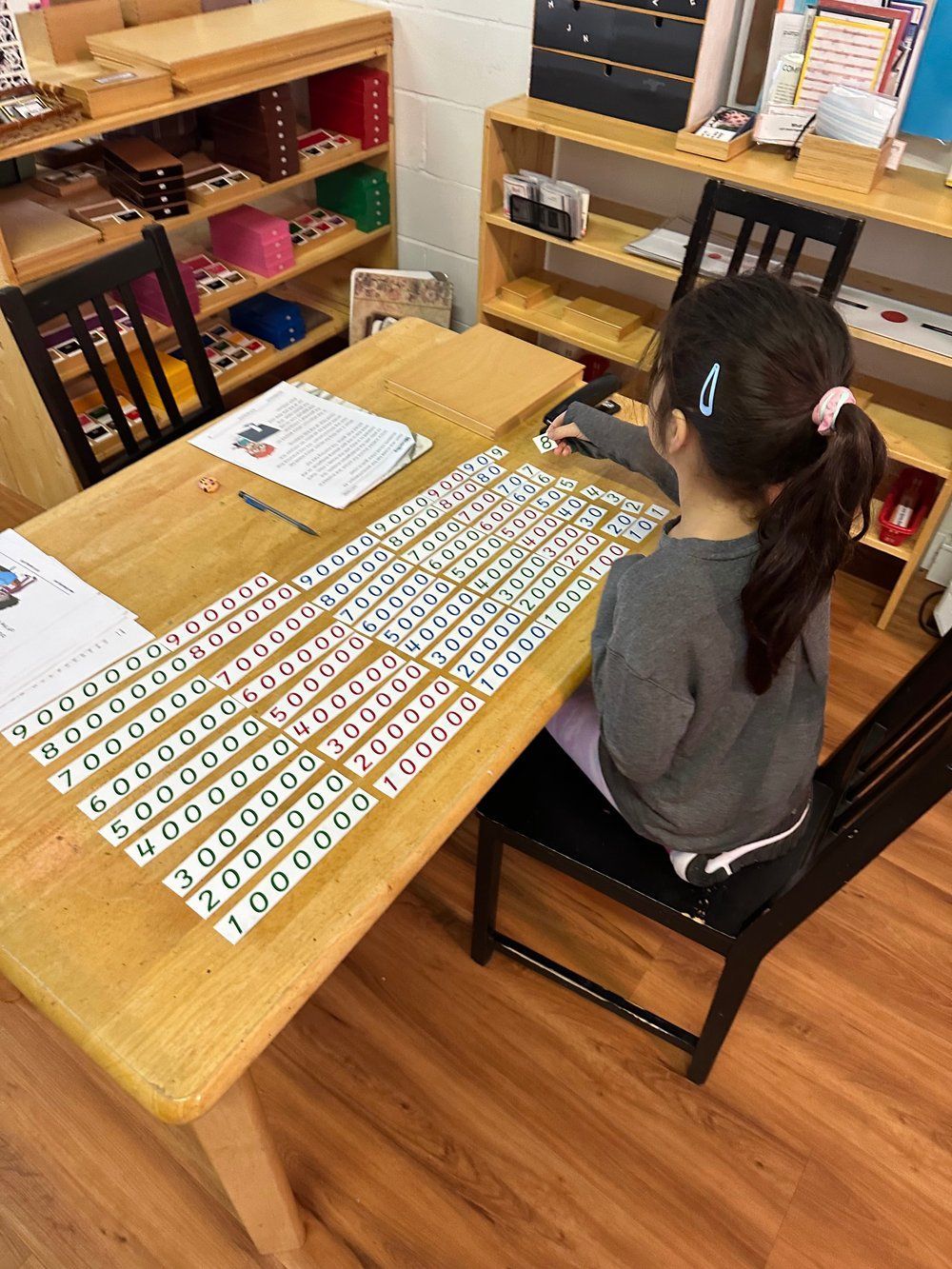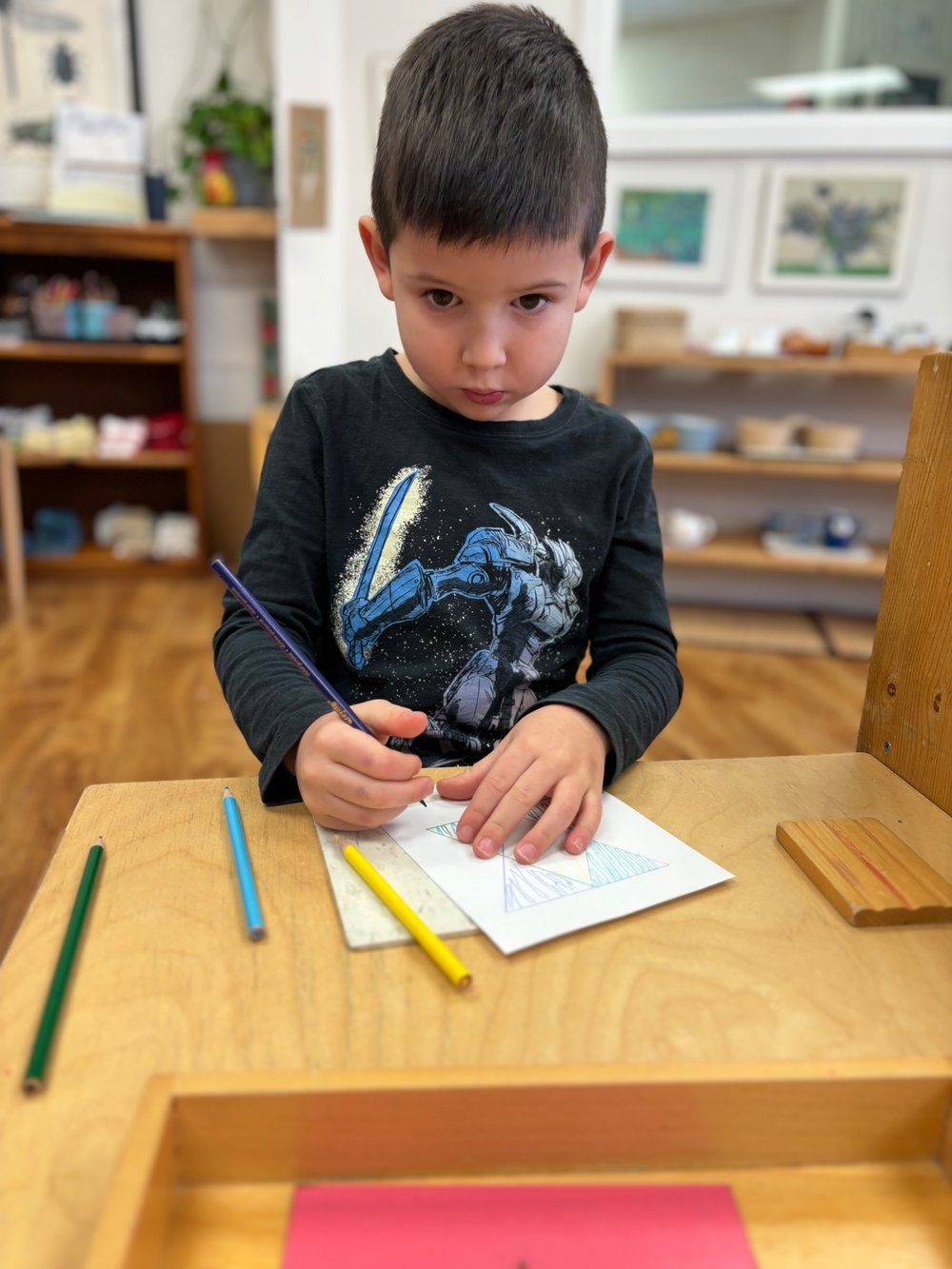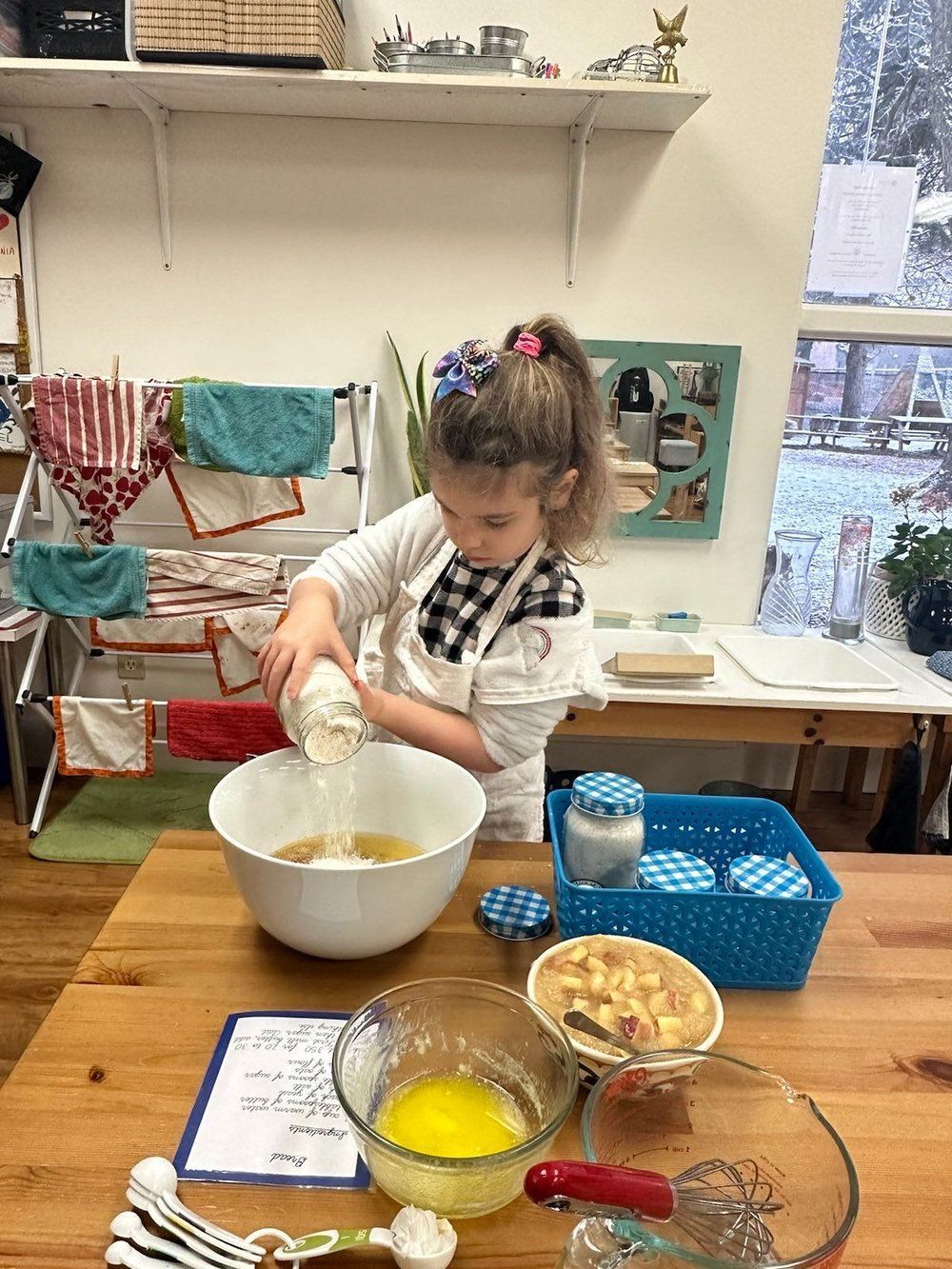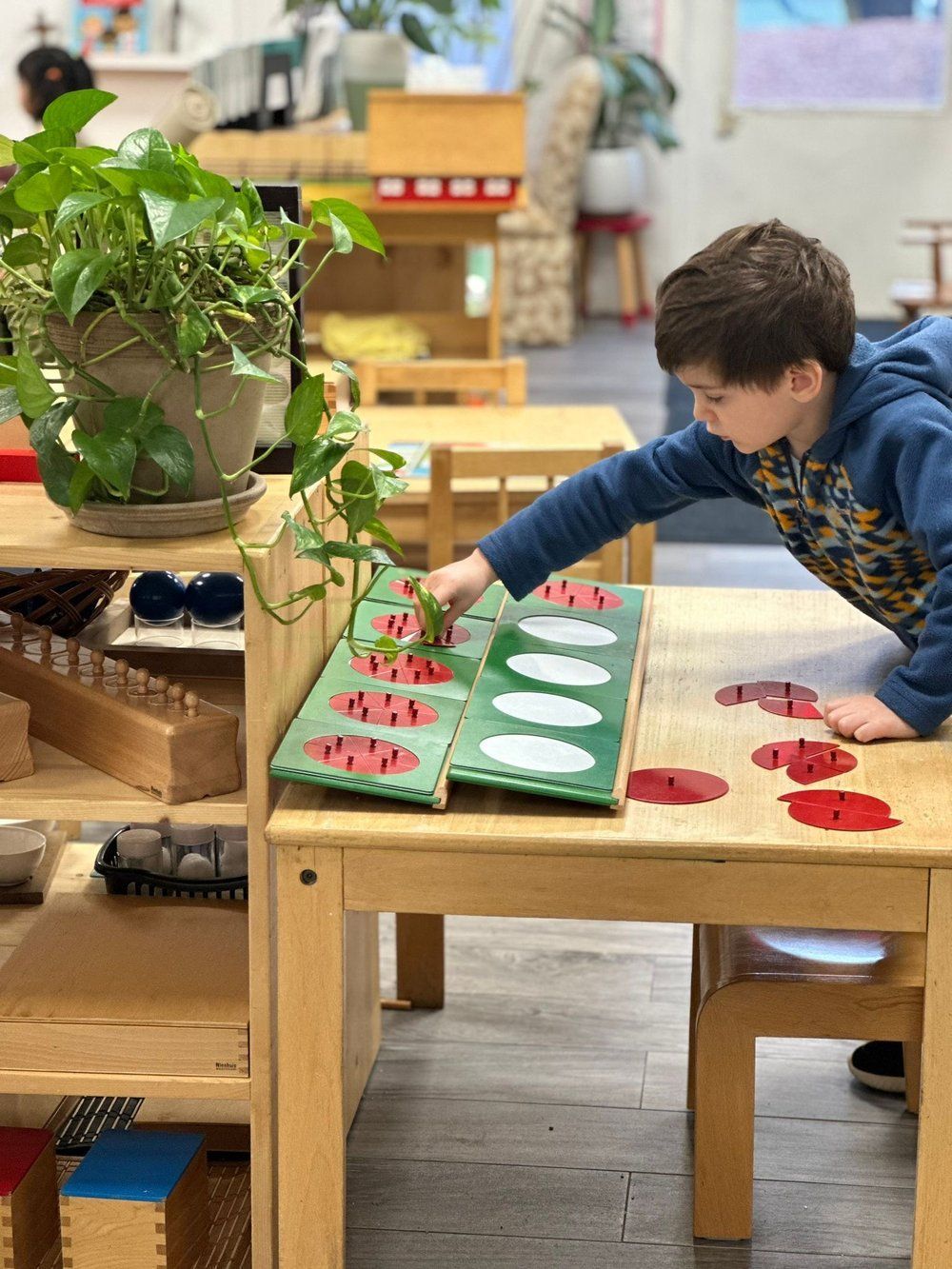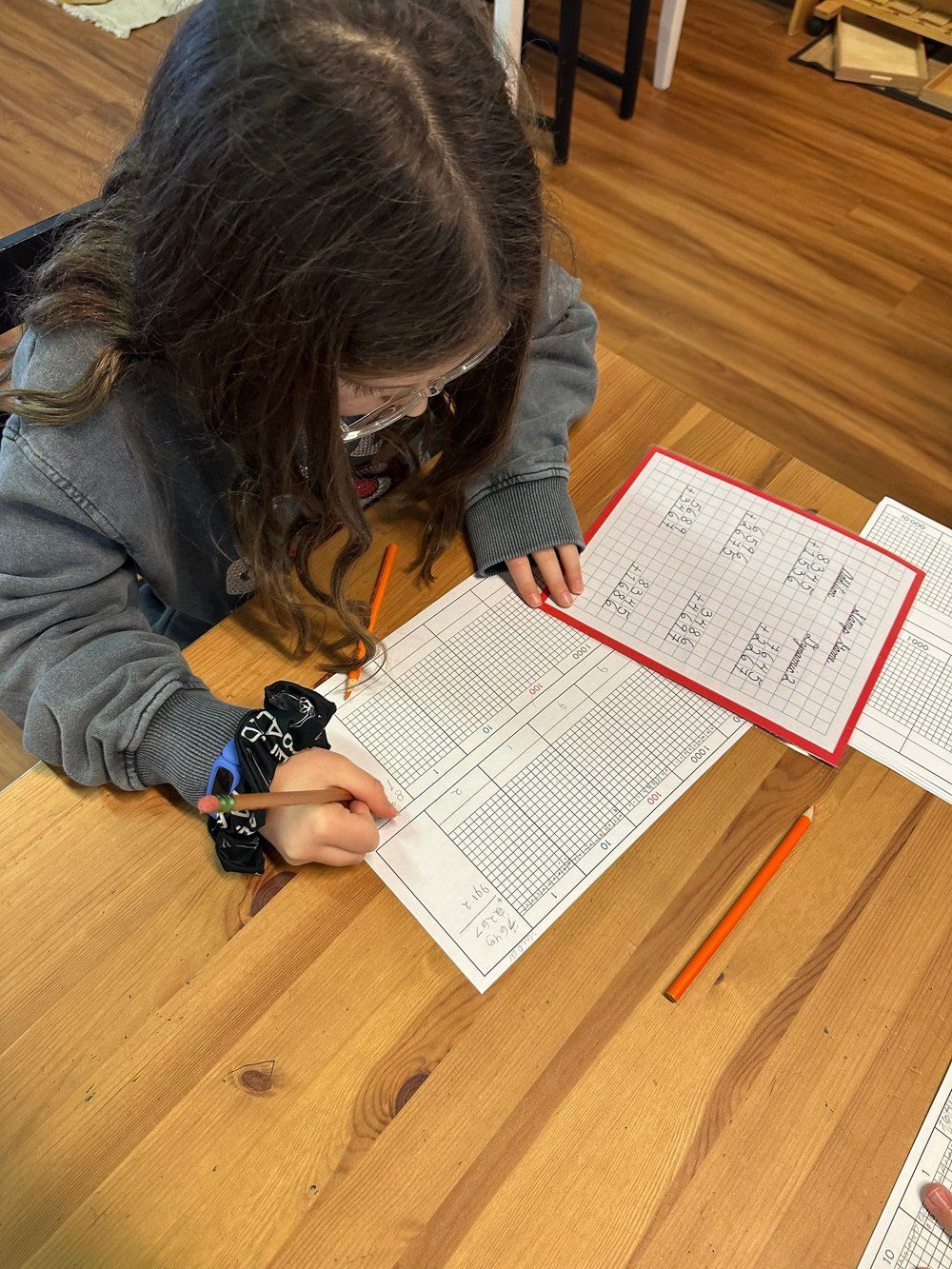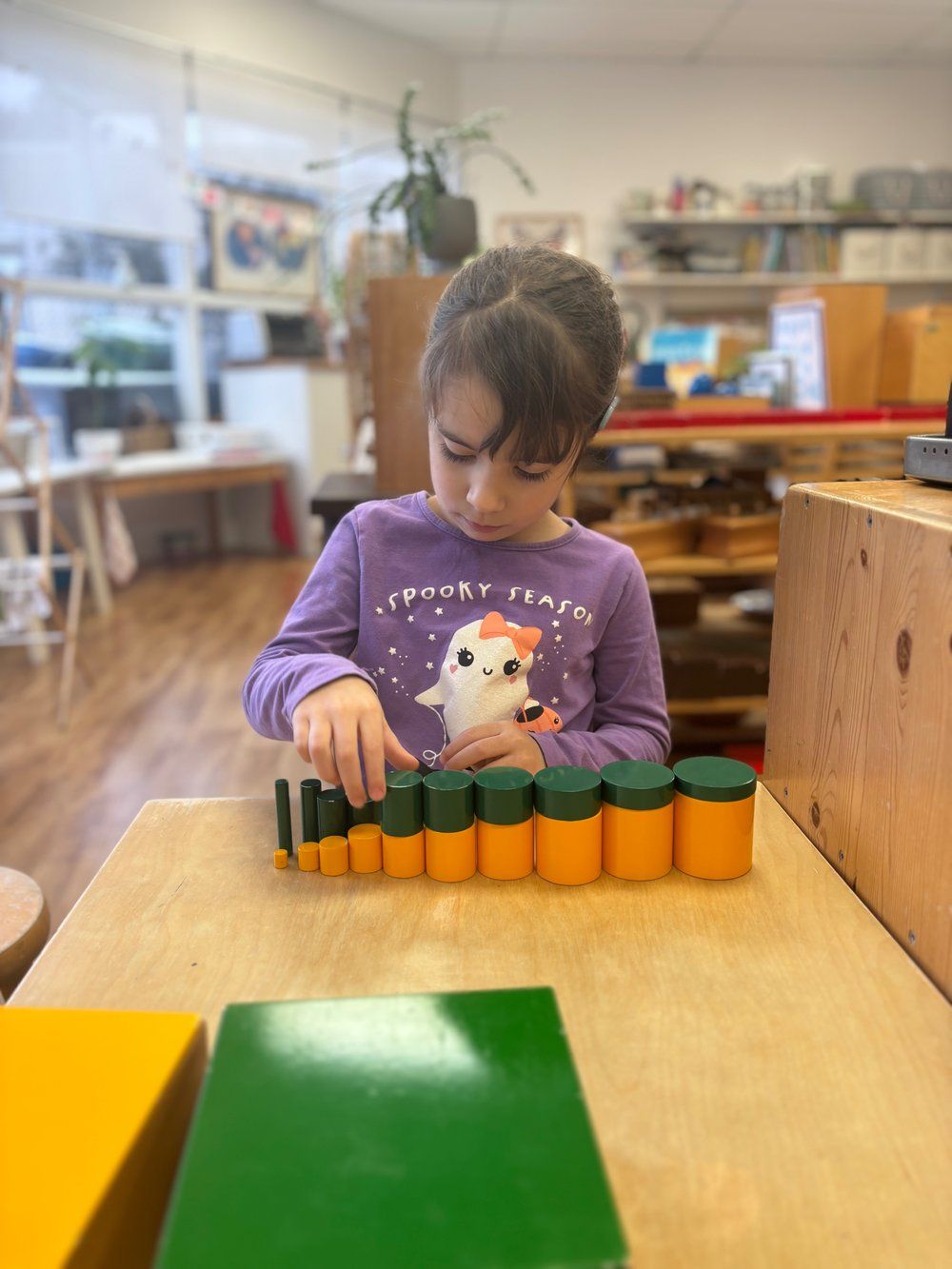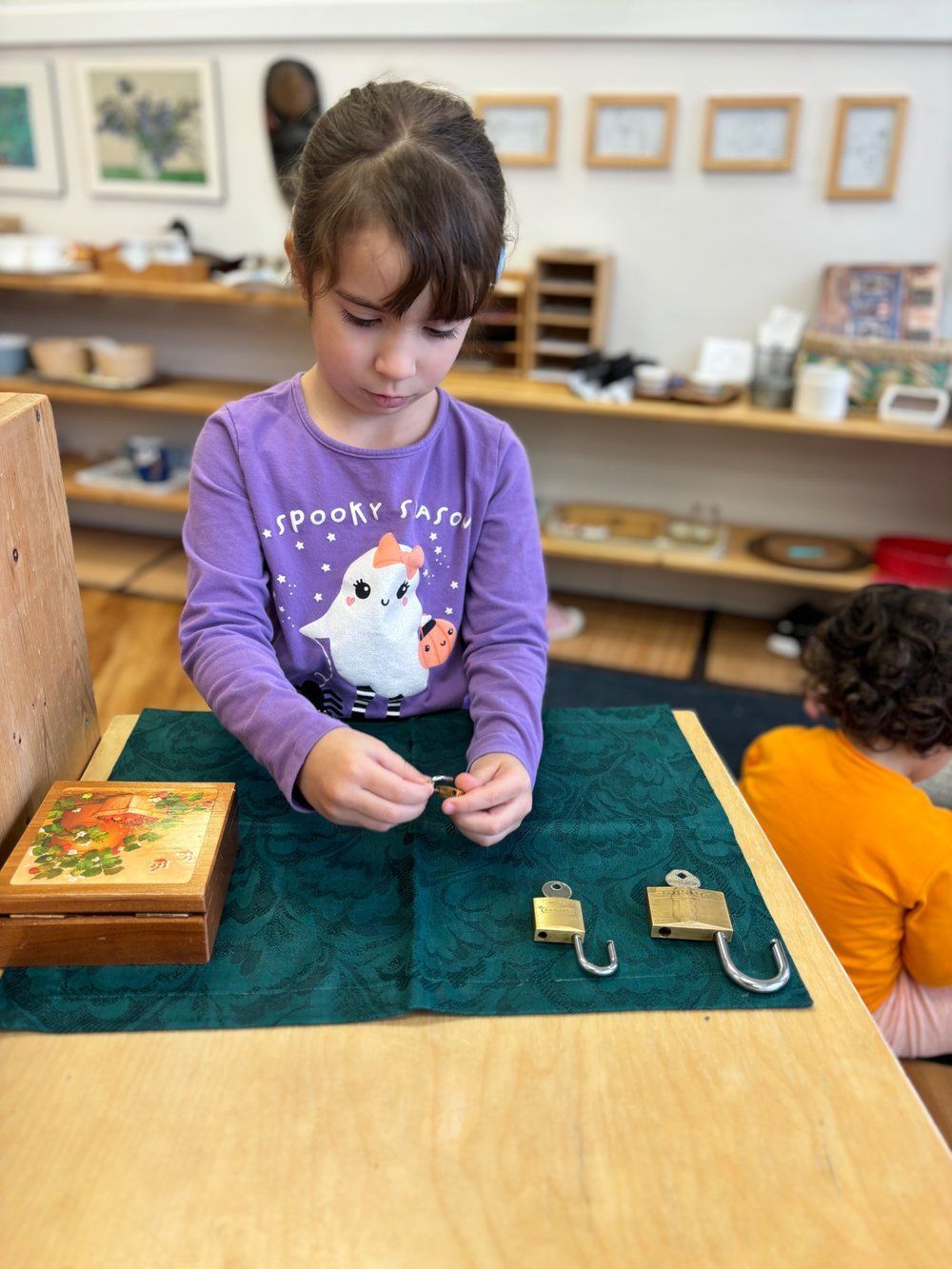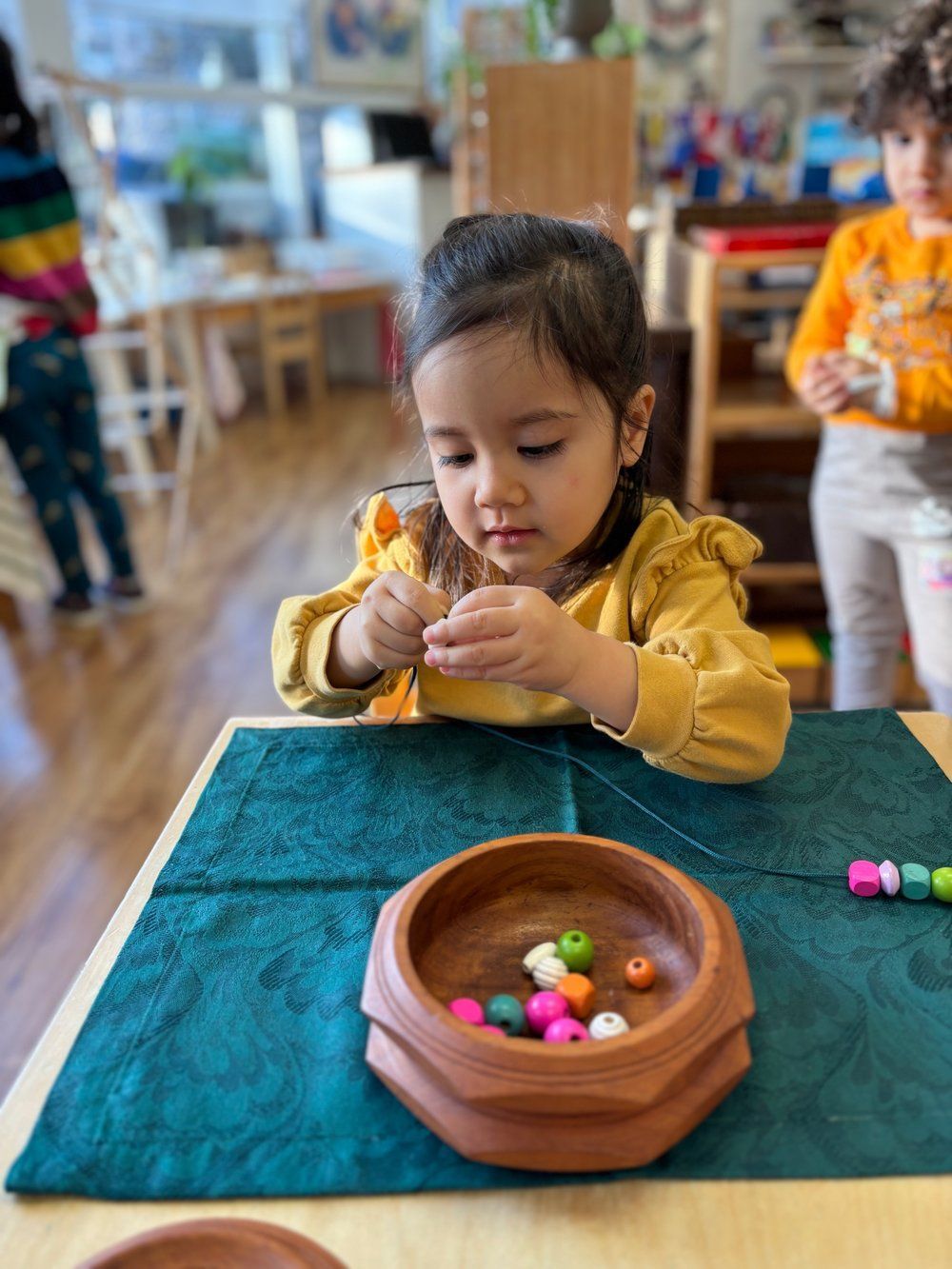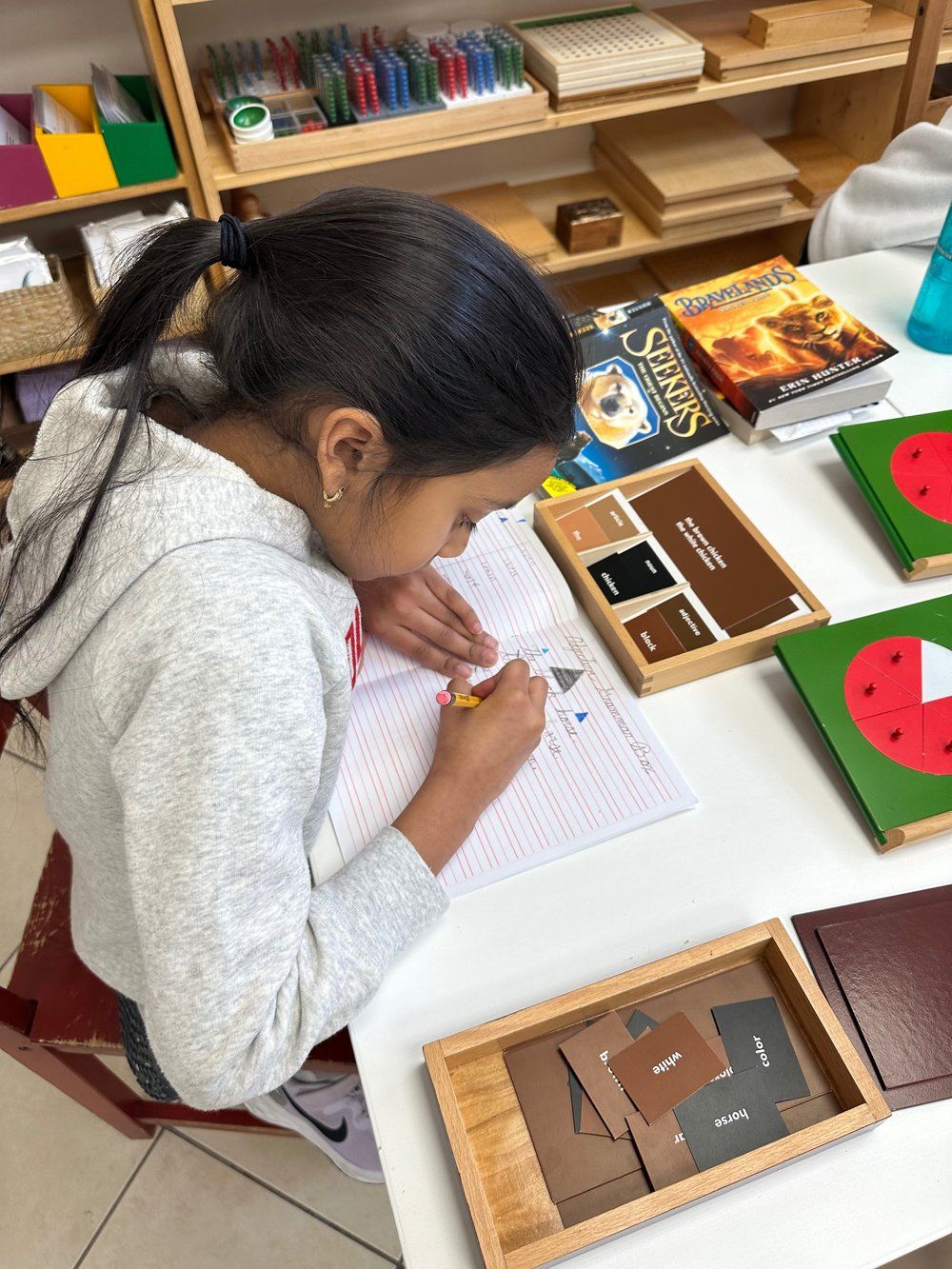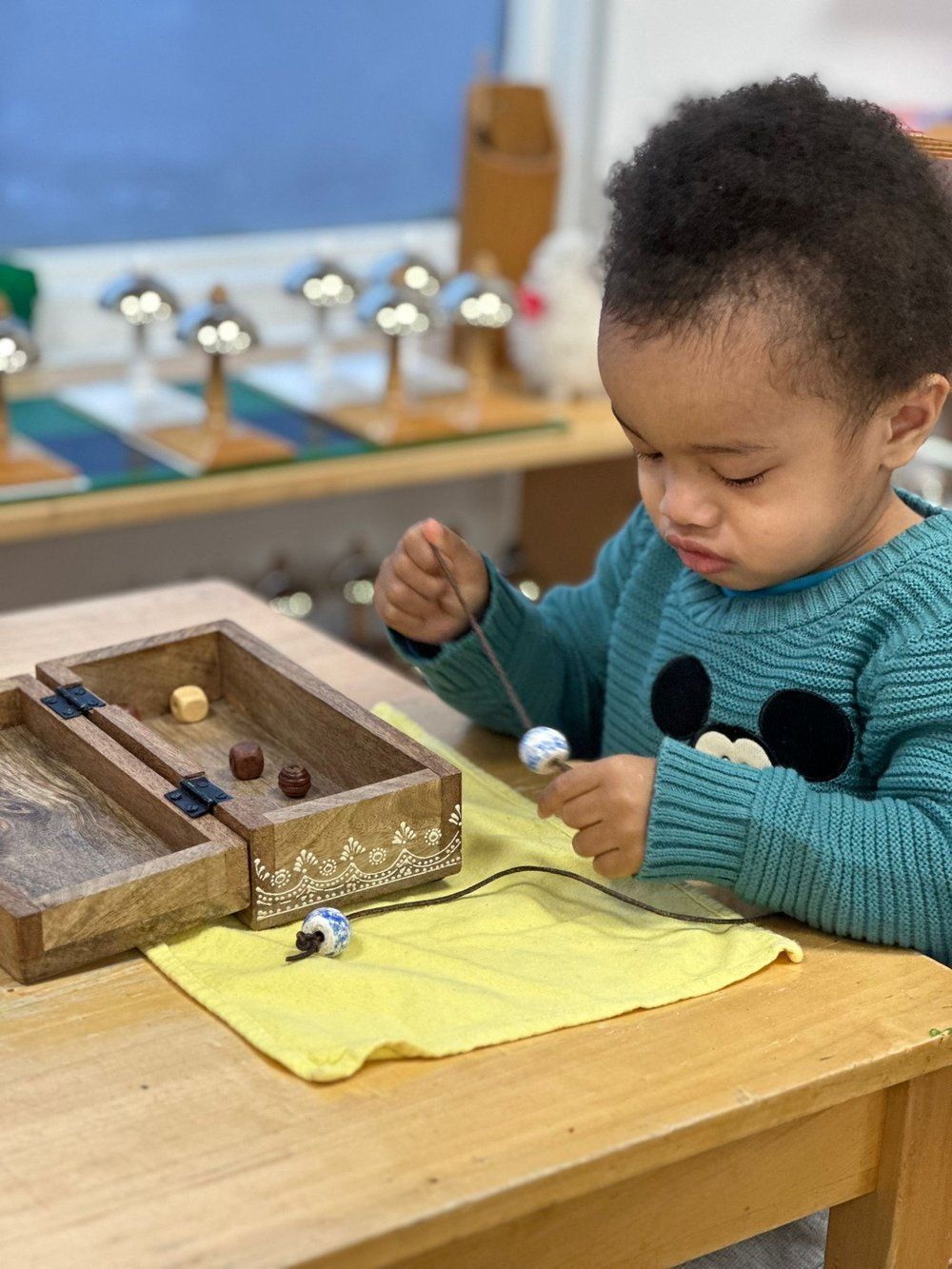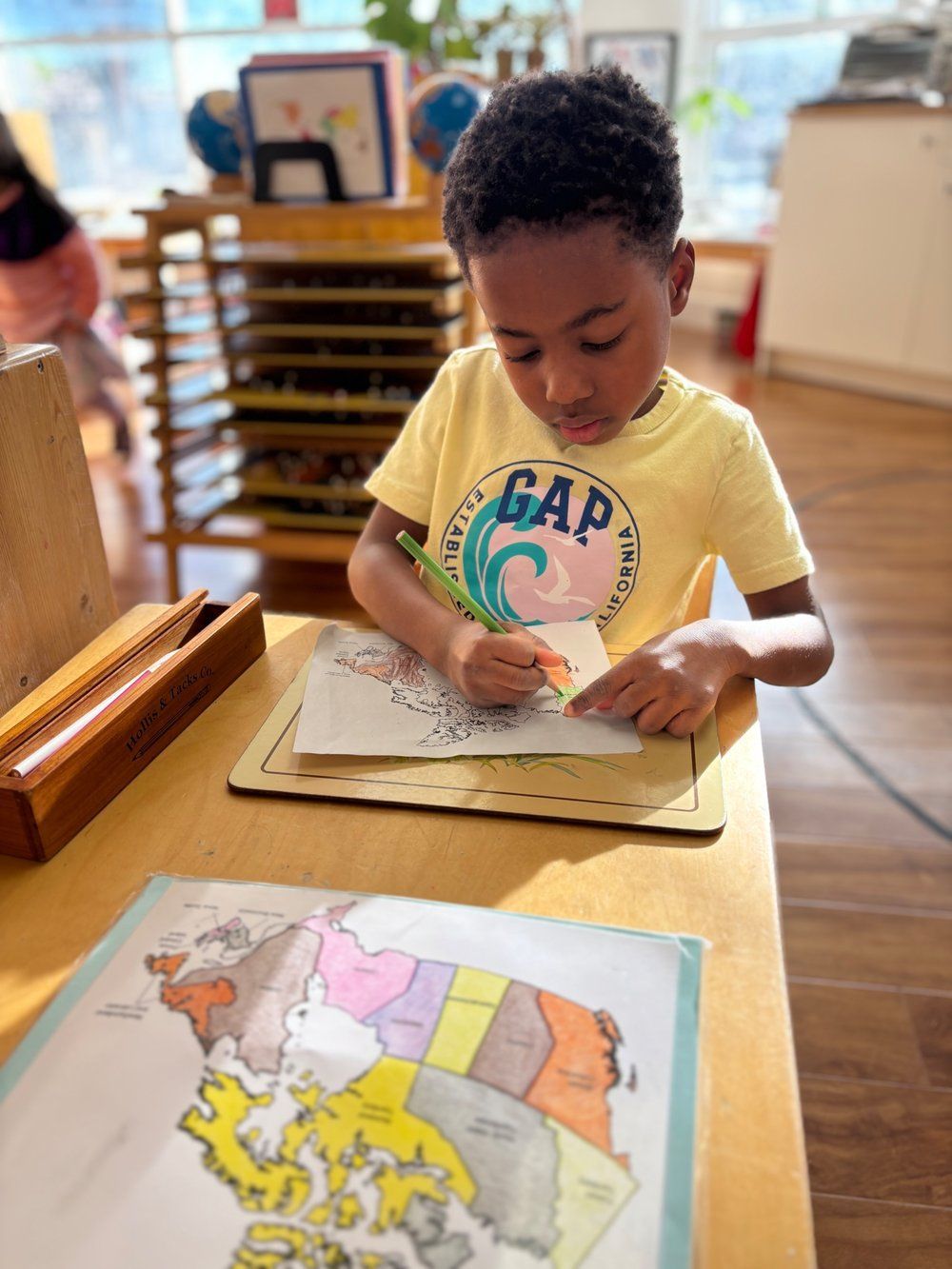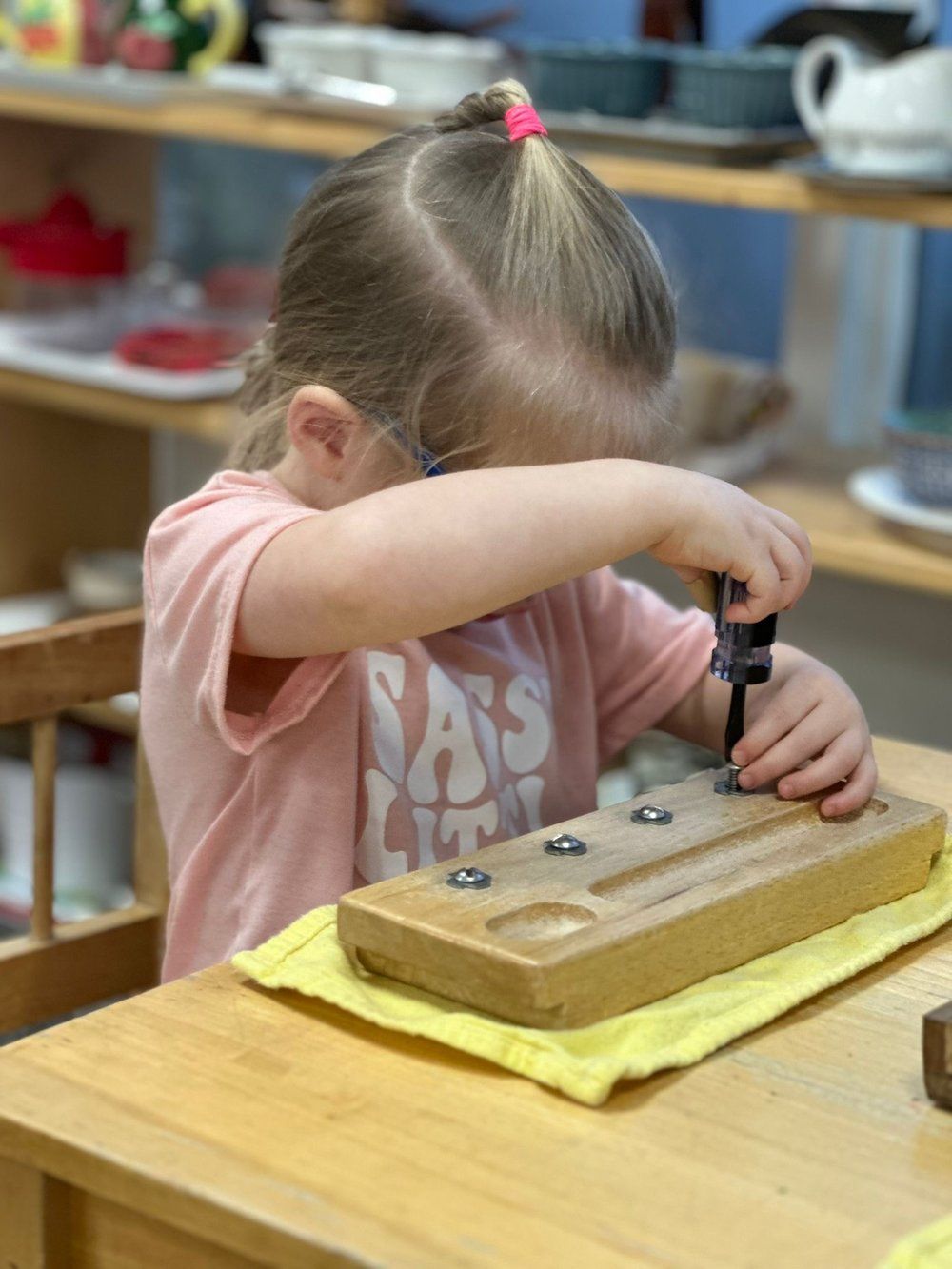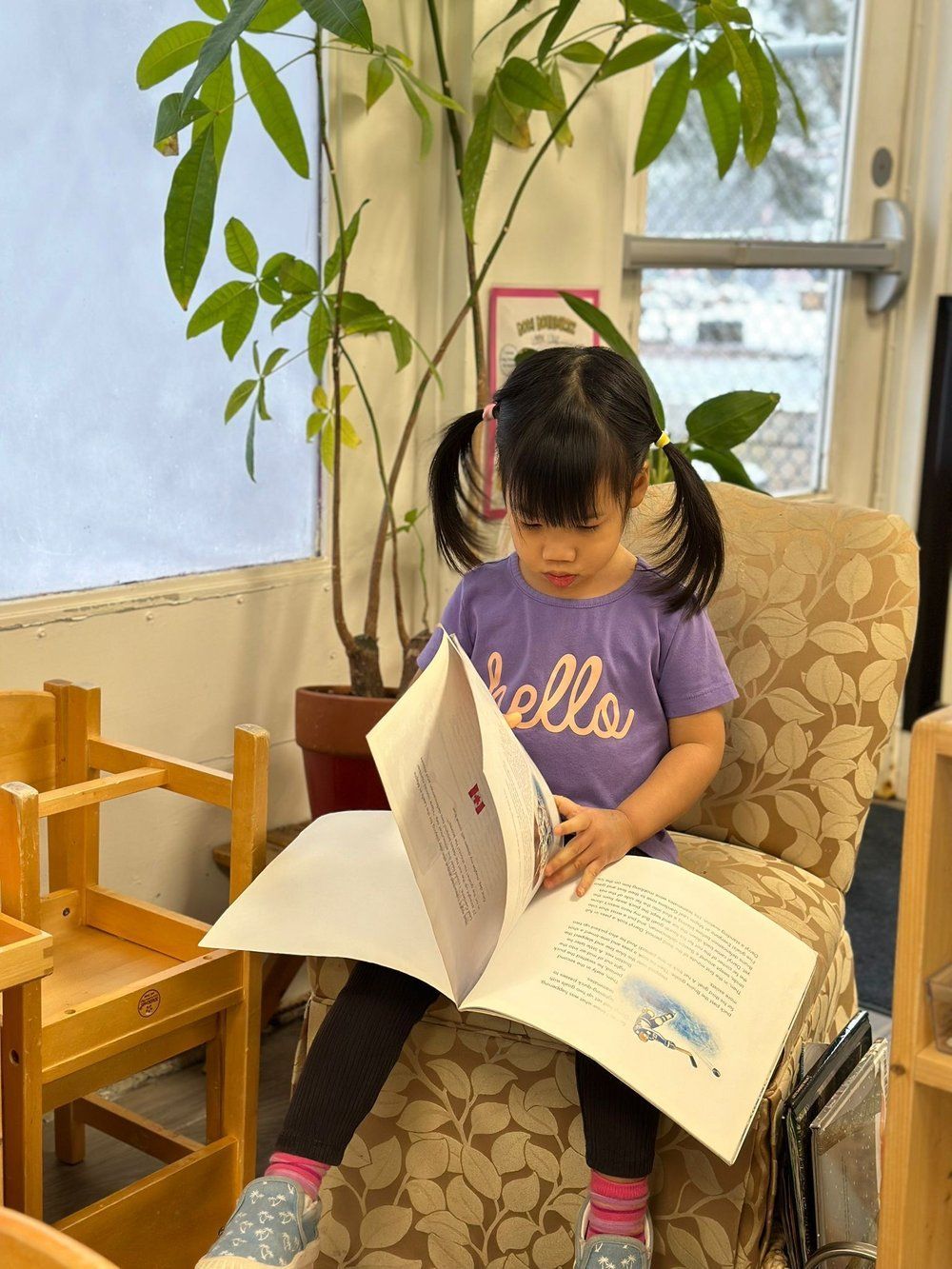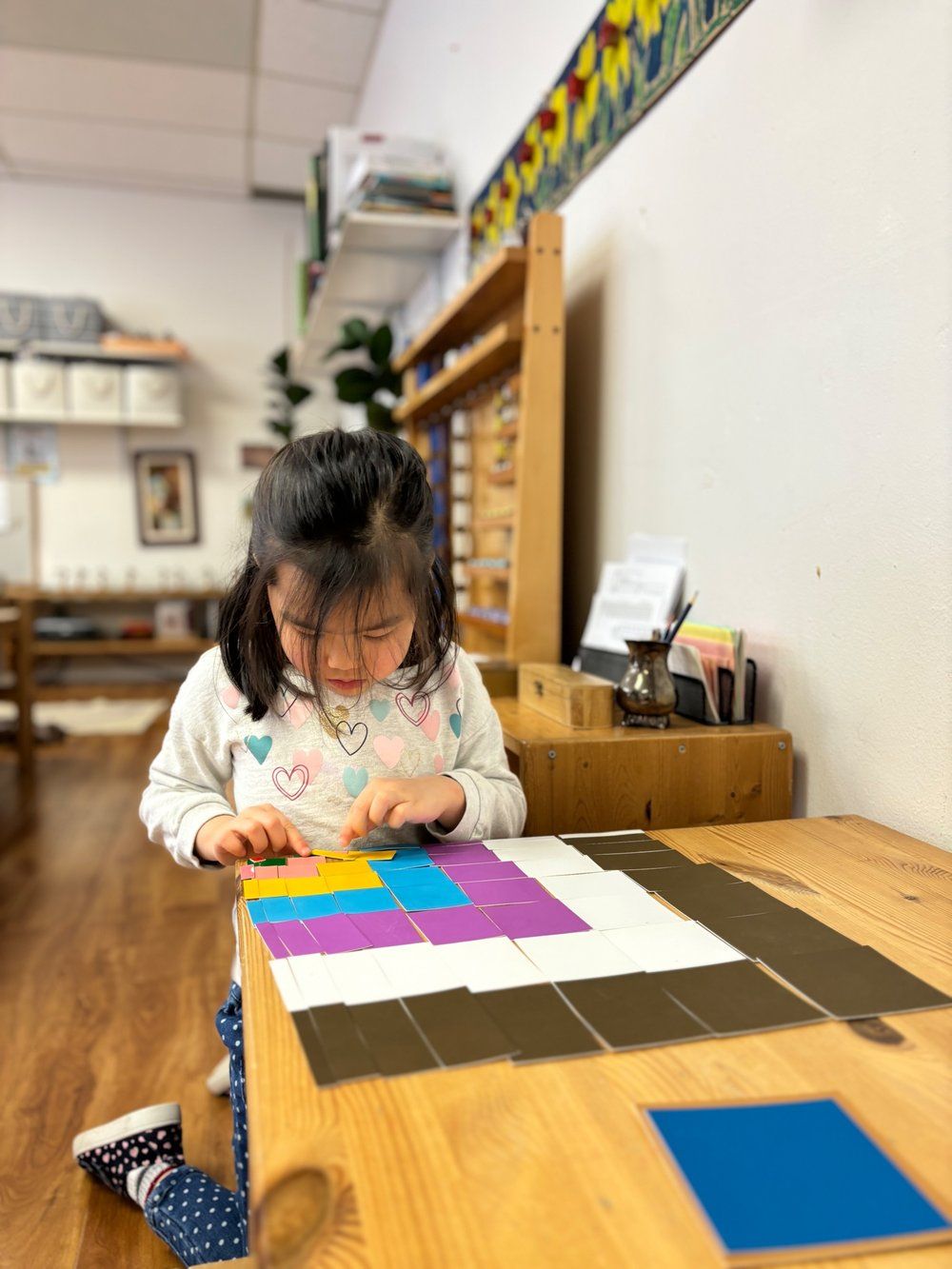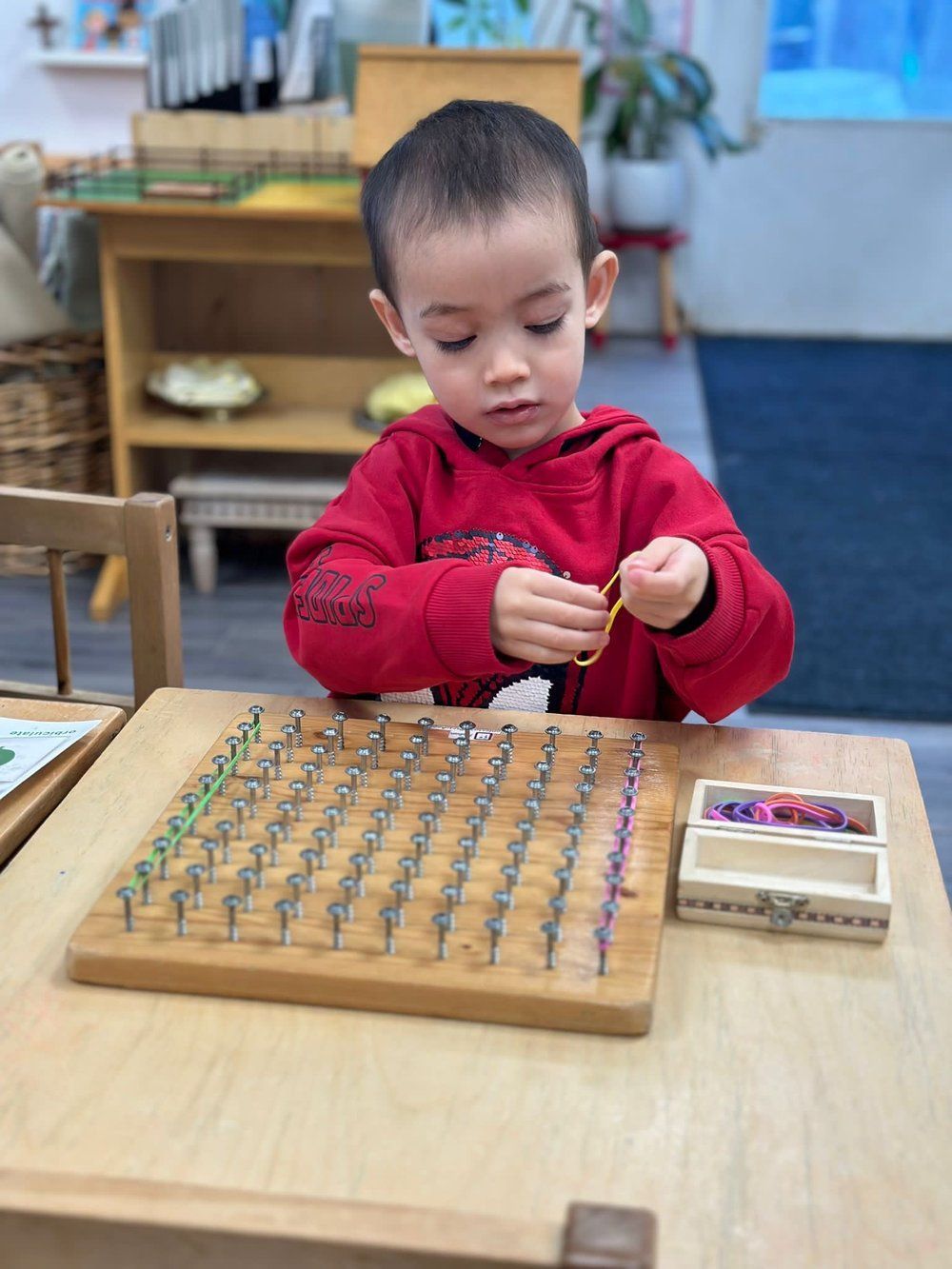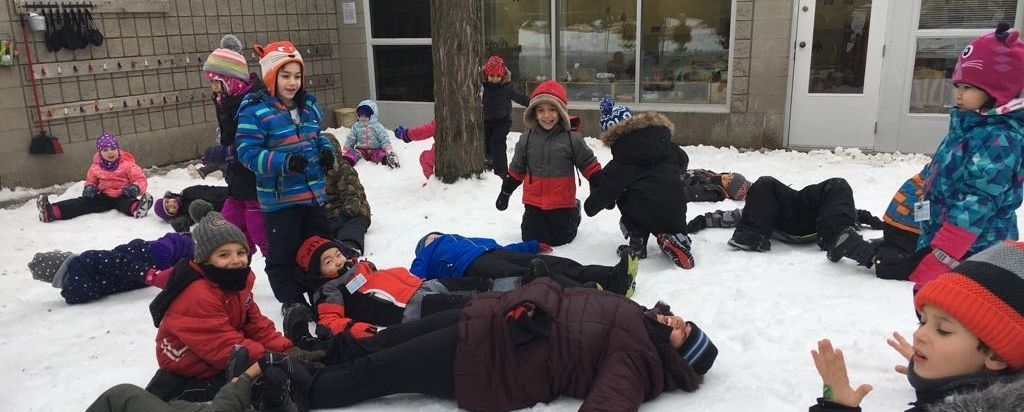
Events of the Month
- February 5th: Protective behaviours program starts
- February 8th: Elementary parent event with guest speaker (RSVP required)
- February 14th: Valentine’s Day lunch in the classrooms
- February 16th: Re-enrolment packages sent out
- February 20th to 29th, : Work Week Casa and Elementary
- February 29th: Re-enrolment packages due
- February 26th to March 1st: Montessori Week| Kaban invites you to join with others in the Montessori Community throughout the world to celebrate the qualities of Montessori during Montessori Education Week - the last week in February every year.
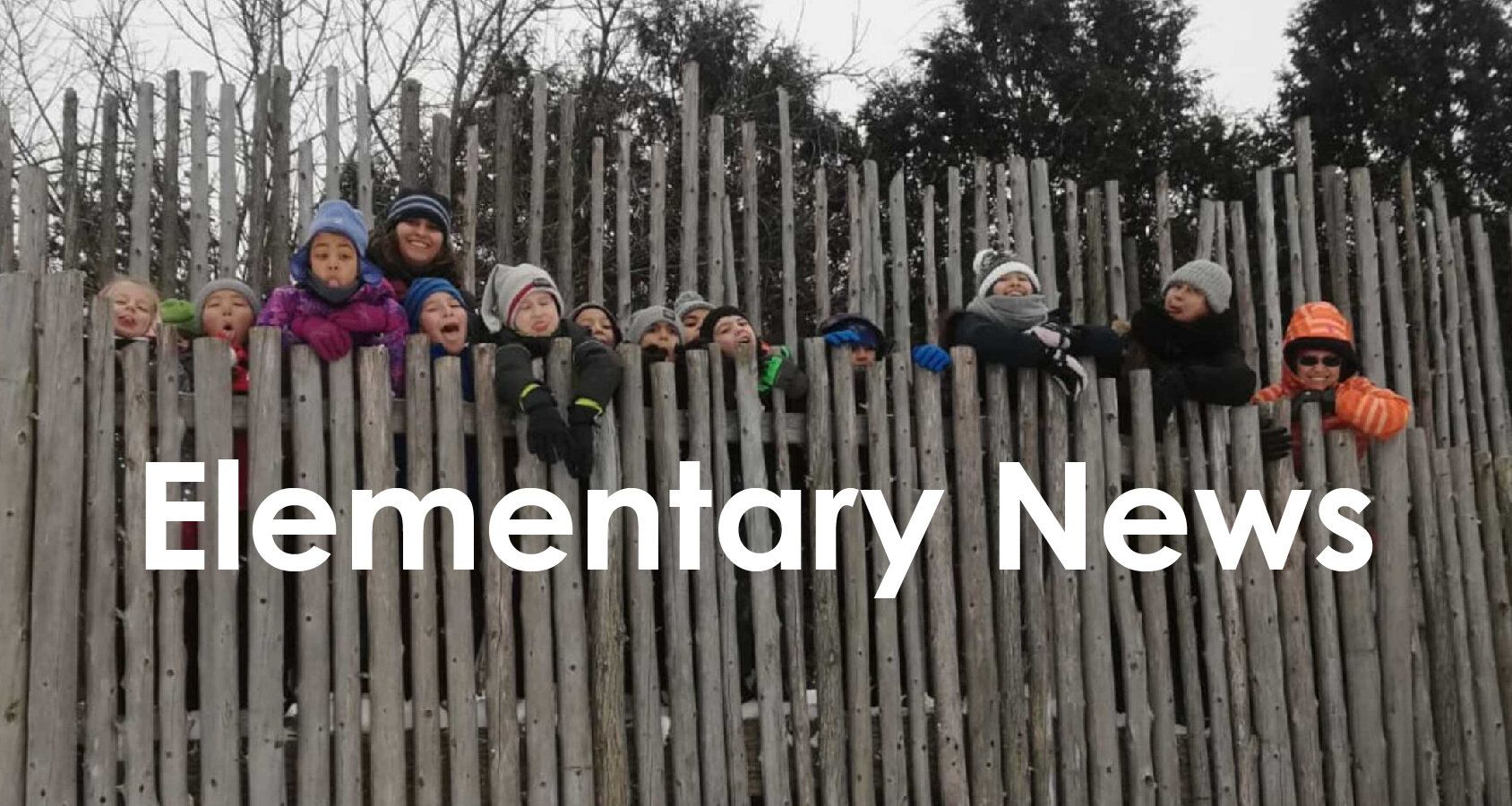
A Little Introduction to Montessori Week
Celebrating the 117th anniversary of Montessori Education! it is the time to celebrate and recognize the contributions of Dr. Maria Montessori in the lives of children around the world. Here are some of the most notable contributions that Dr. Montessori had on education and the children's rights reform.
We can thank Maria Montessori for developing child-size furniture to address the physical needs of children. Prior to Montessori’s intervention, children had to use oversized, adult furniture.
She understood the importance of the hand-brain connection and developed pedagogical materials to stimulate the senses and provide the brain with a concrete understanding of abstract concepts.
Montessori has touched the lives of children and adults around the world. By recognizing the child’s own ability to learn, teachers have been freed to gently guide the child along the path of knowledge. A mutually respectful working relationship develops where guide and child work together to help develop the construction of knowledge. This early independence develops creative minds, capable of intense problem-solving. Indeed, some of today’s great thinkers, artists, and politicians were Montessori educated: Larry Page and Sergey Brin (co-founders of Google); Julia Child (chef); Will Wright (video game pioneer); Jimmy Wales (founder of Wikipedia); Gabriel Garcia Marquez (Literature Nobel Prize); and Jeff Bezos (CEO Amazon.com). In addition, Alexander Graham Bell, Thomas Edison, and Fred Rogers (Mr. Rogers) all advocated and helped develop Montessori schools around the world.
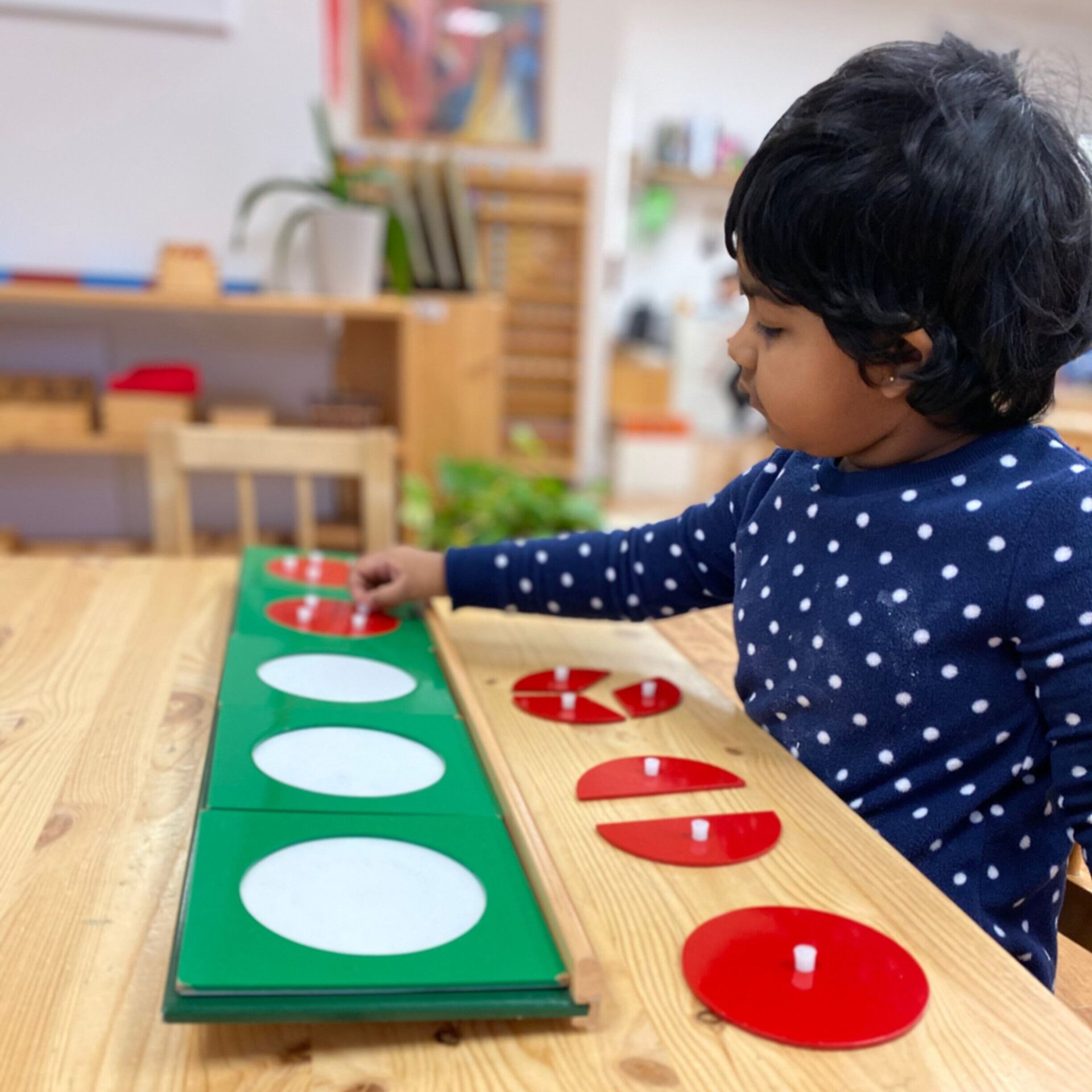
Looking back at our Work Fair, we want to thank all the teachers and all the children that participated this year!
